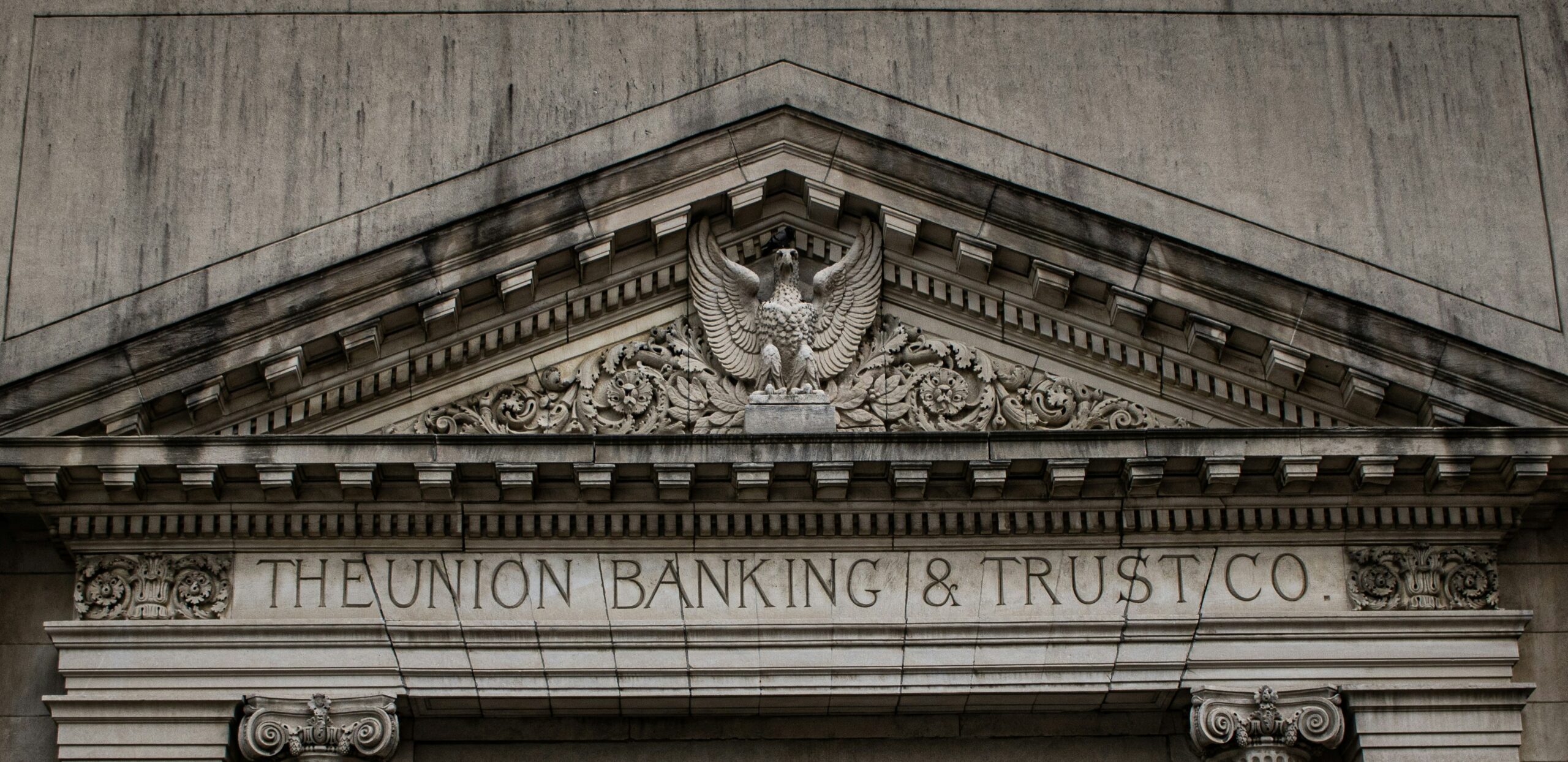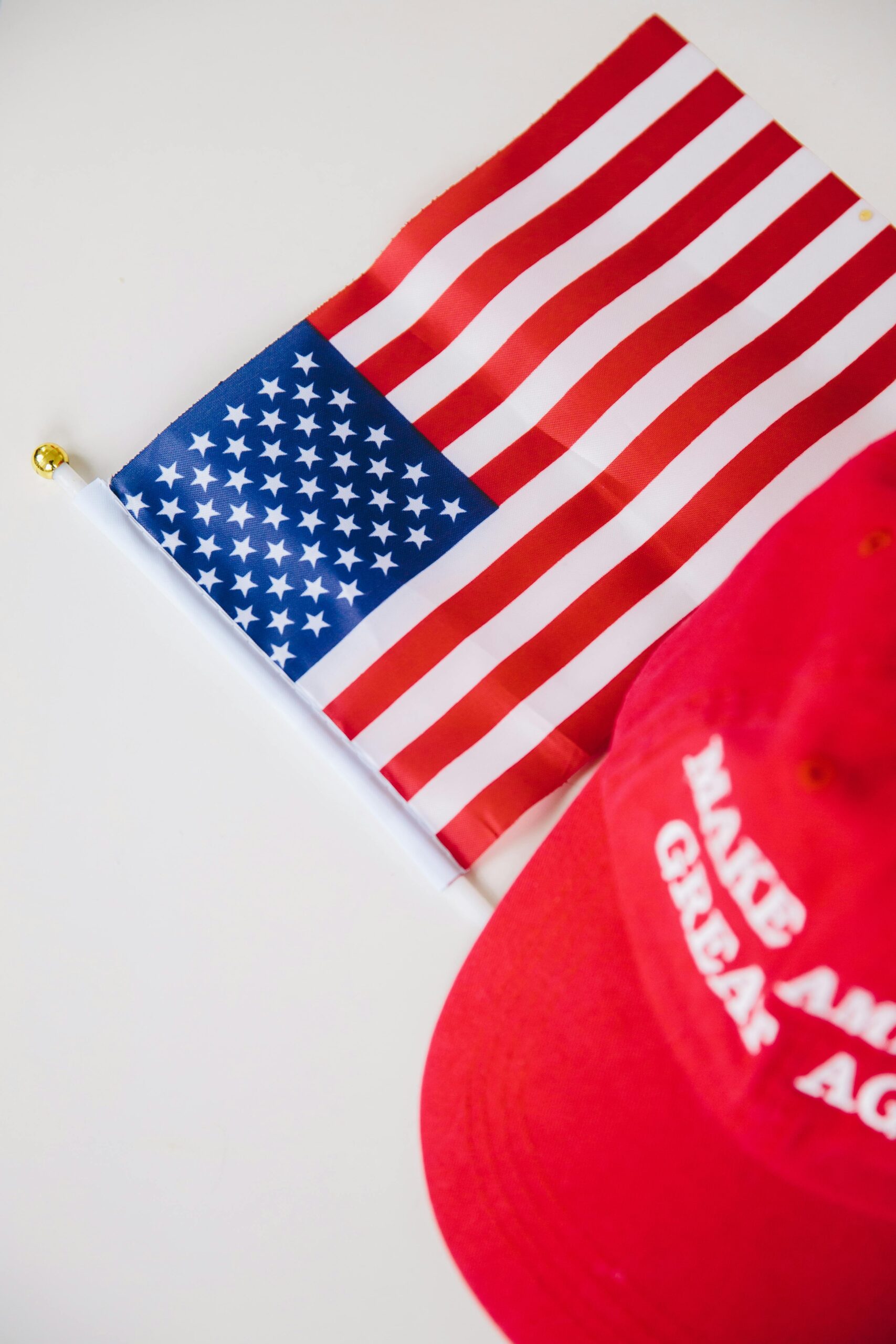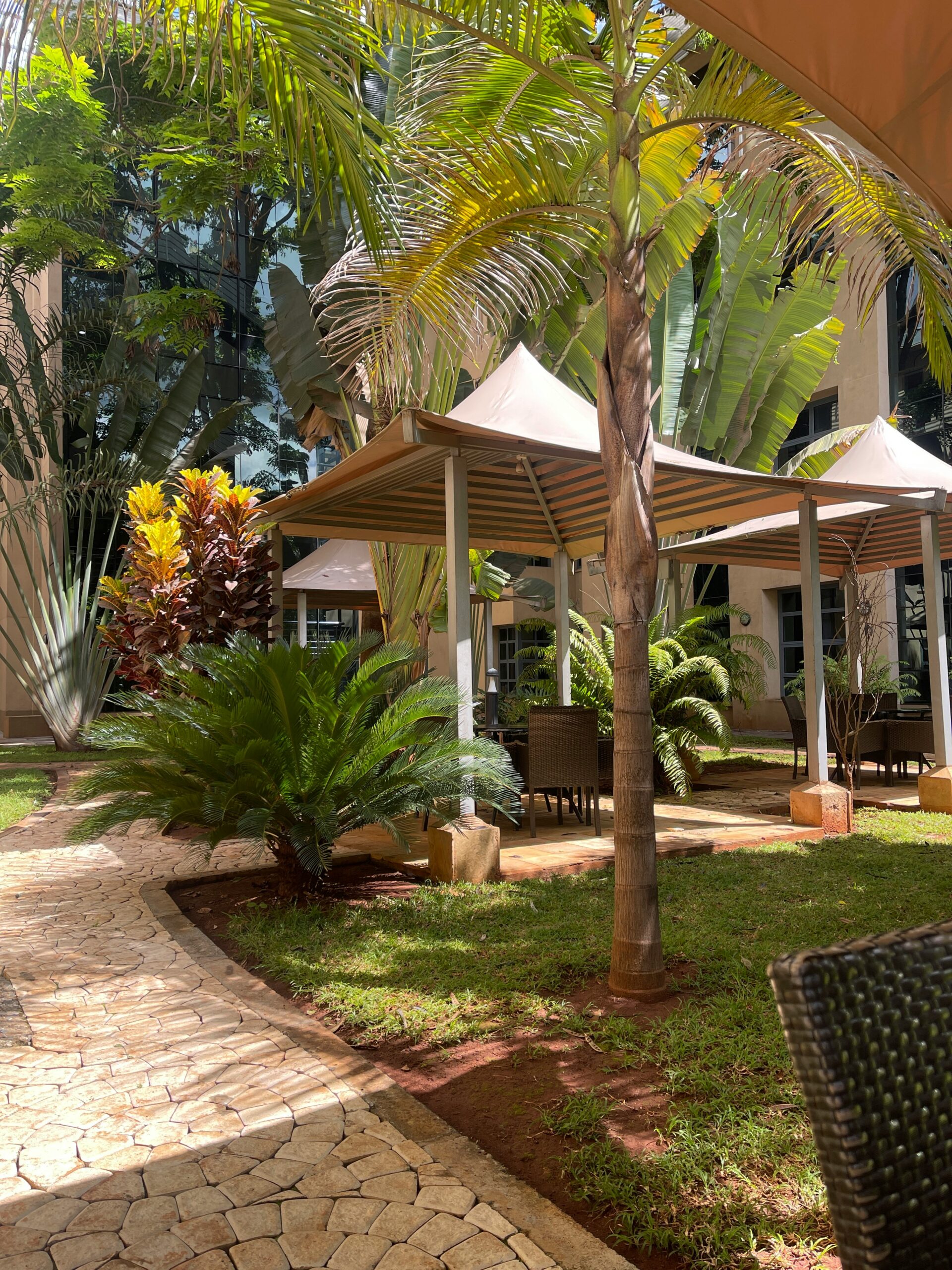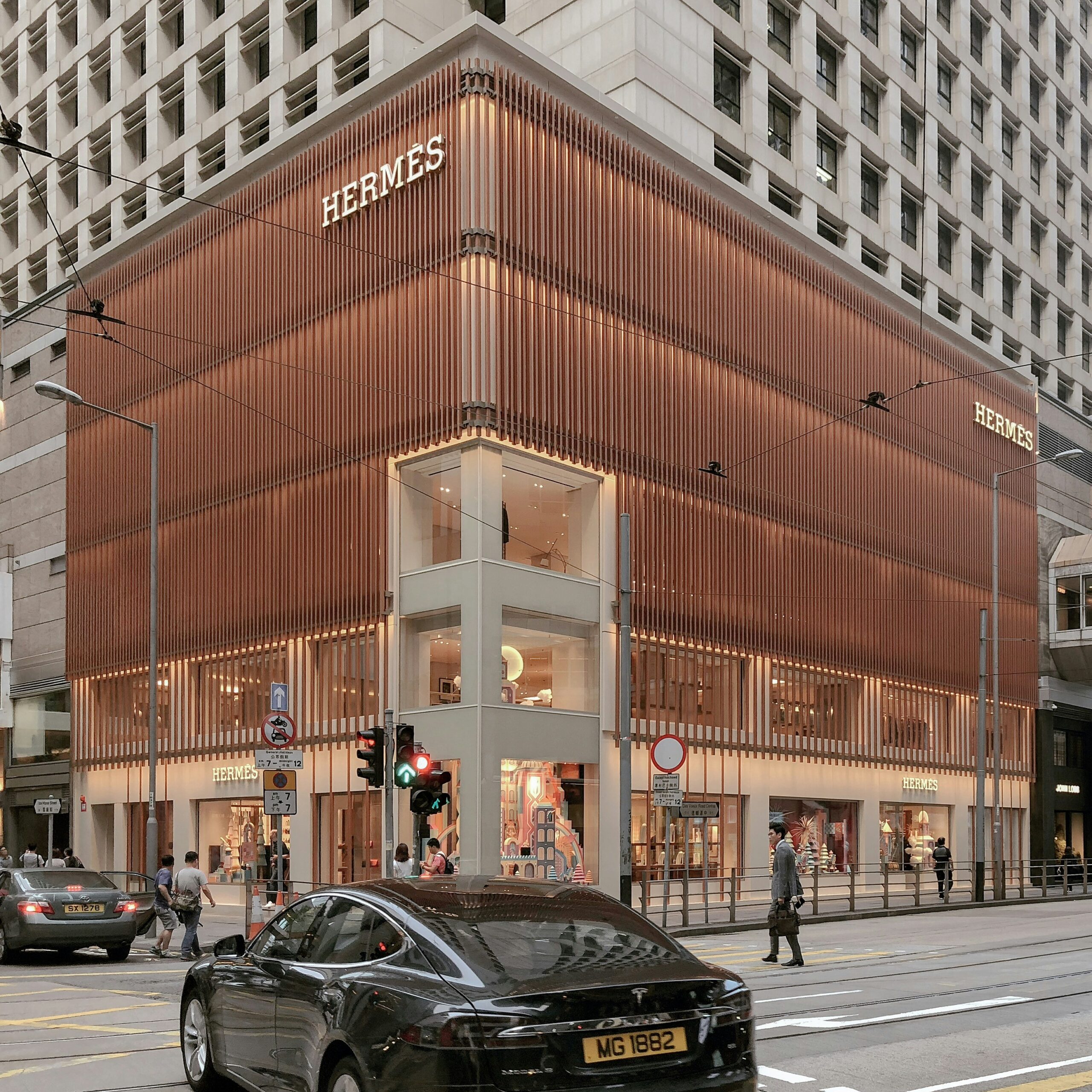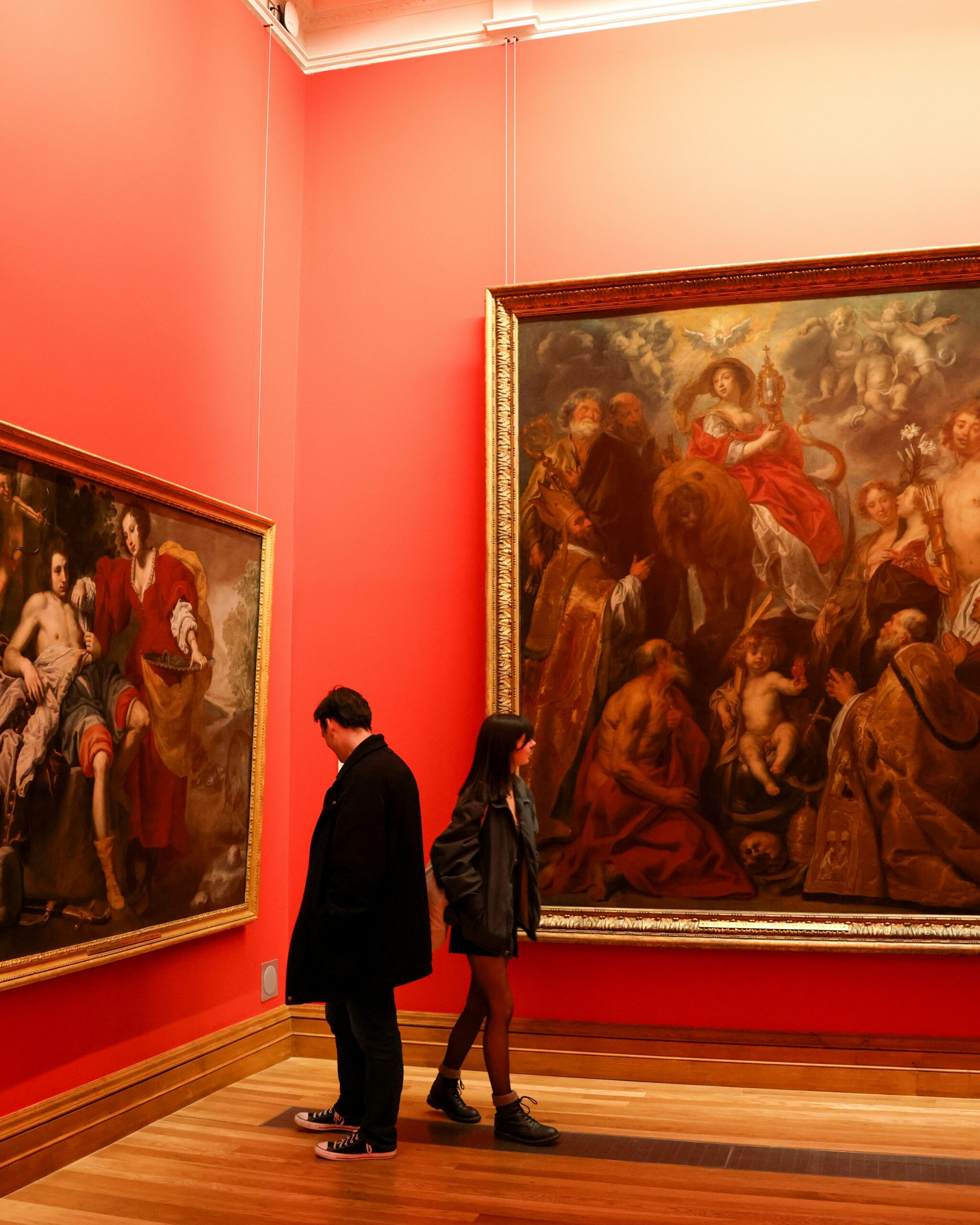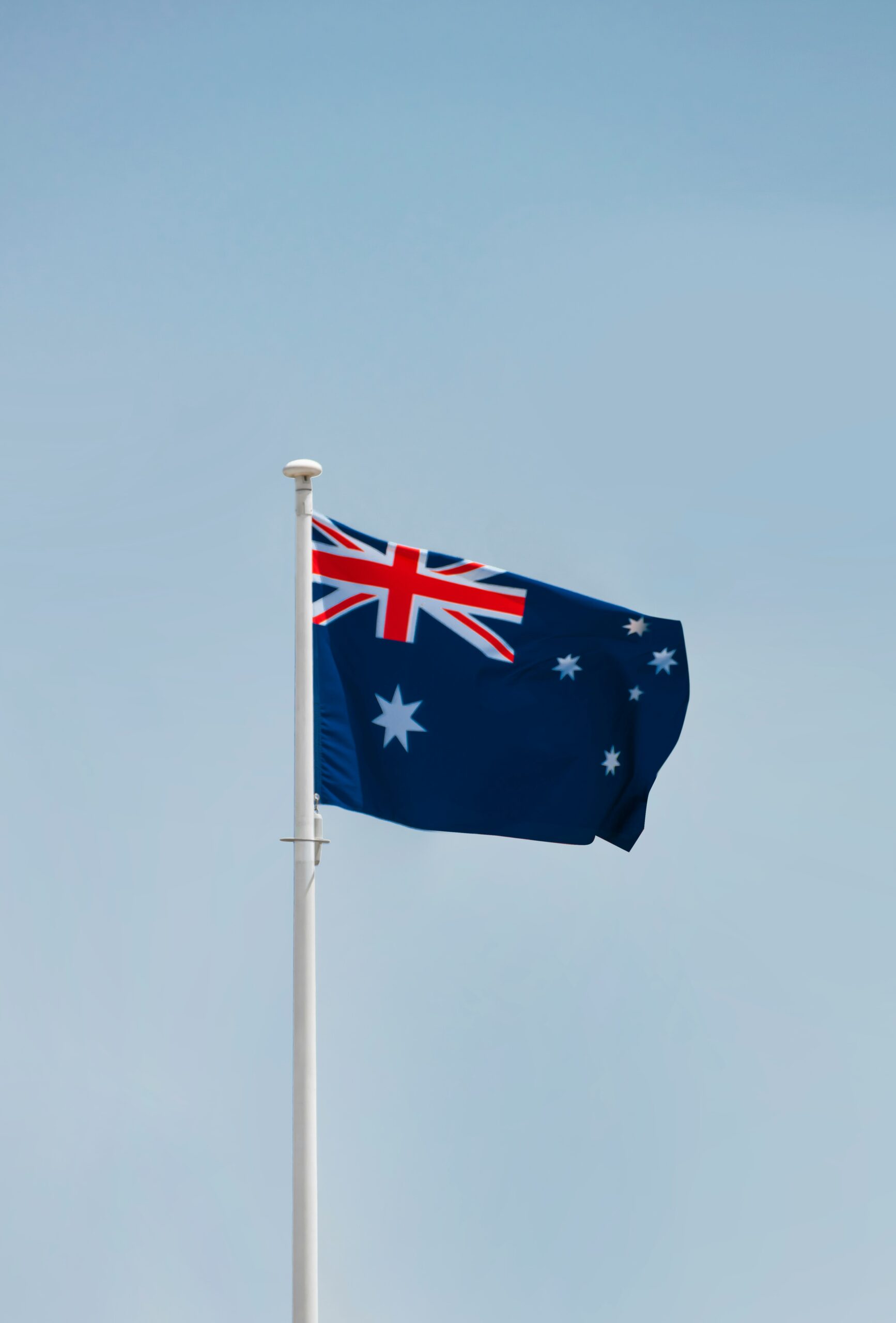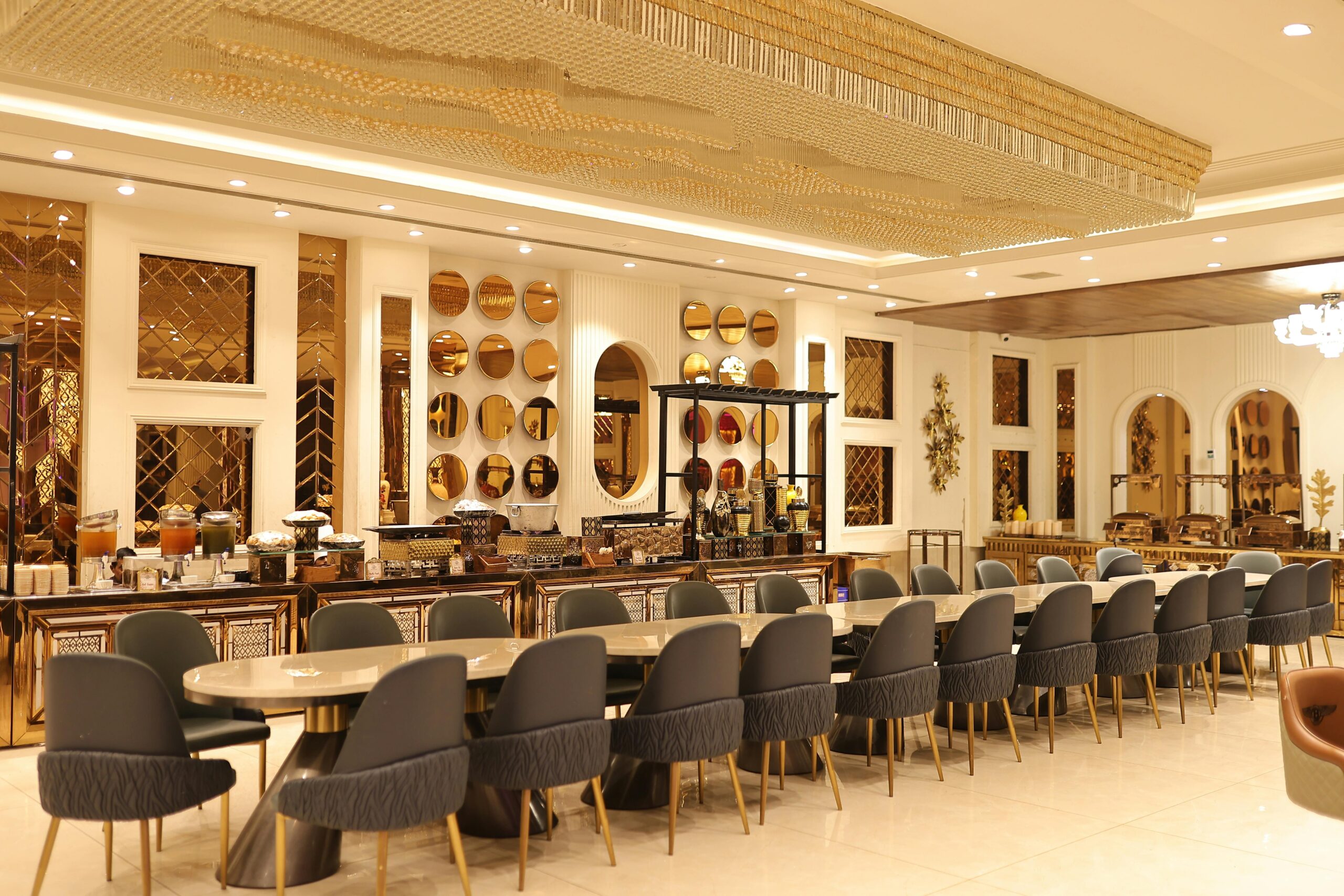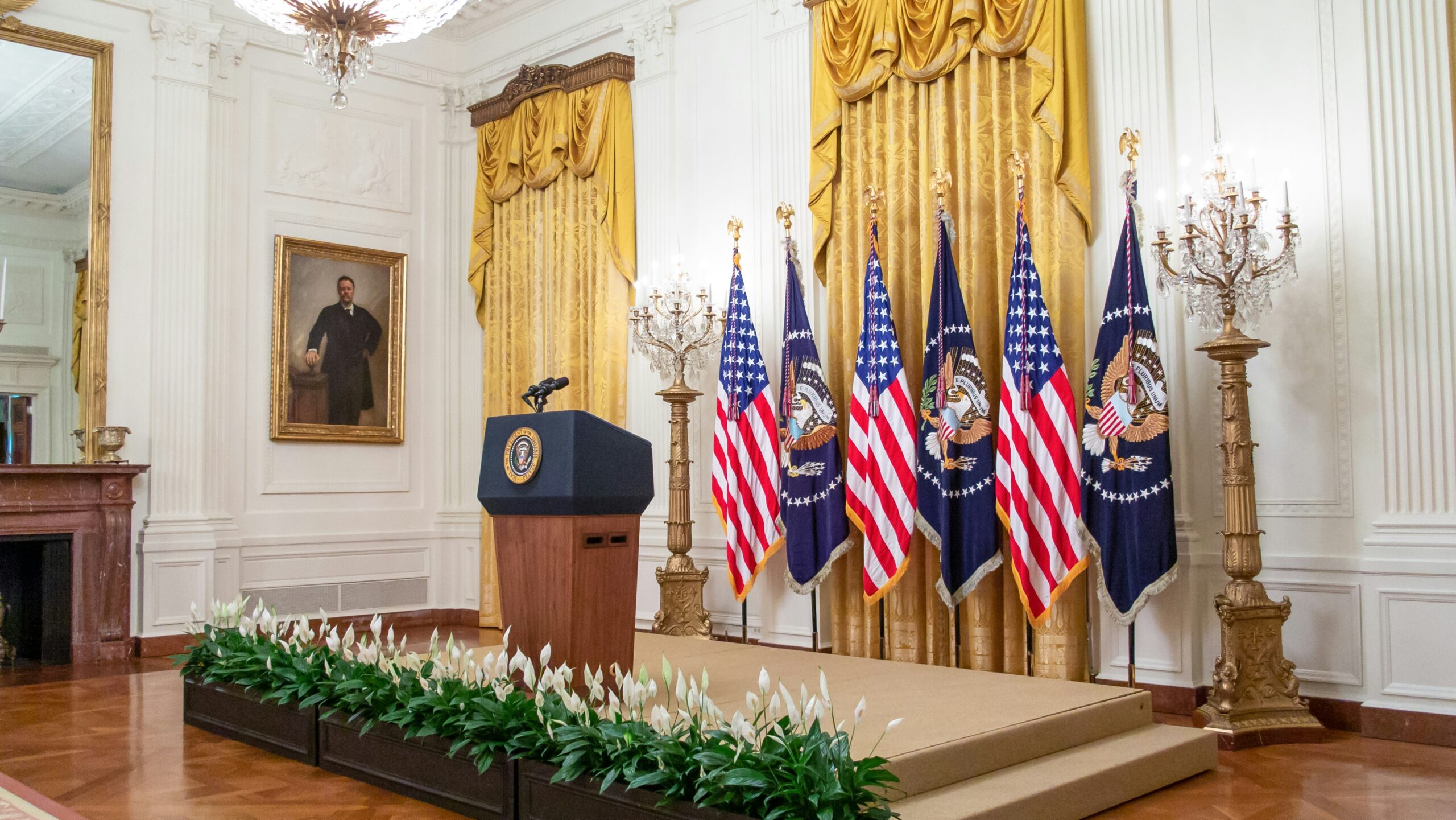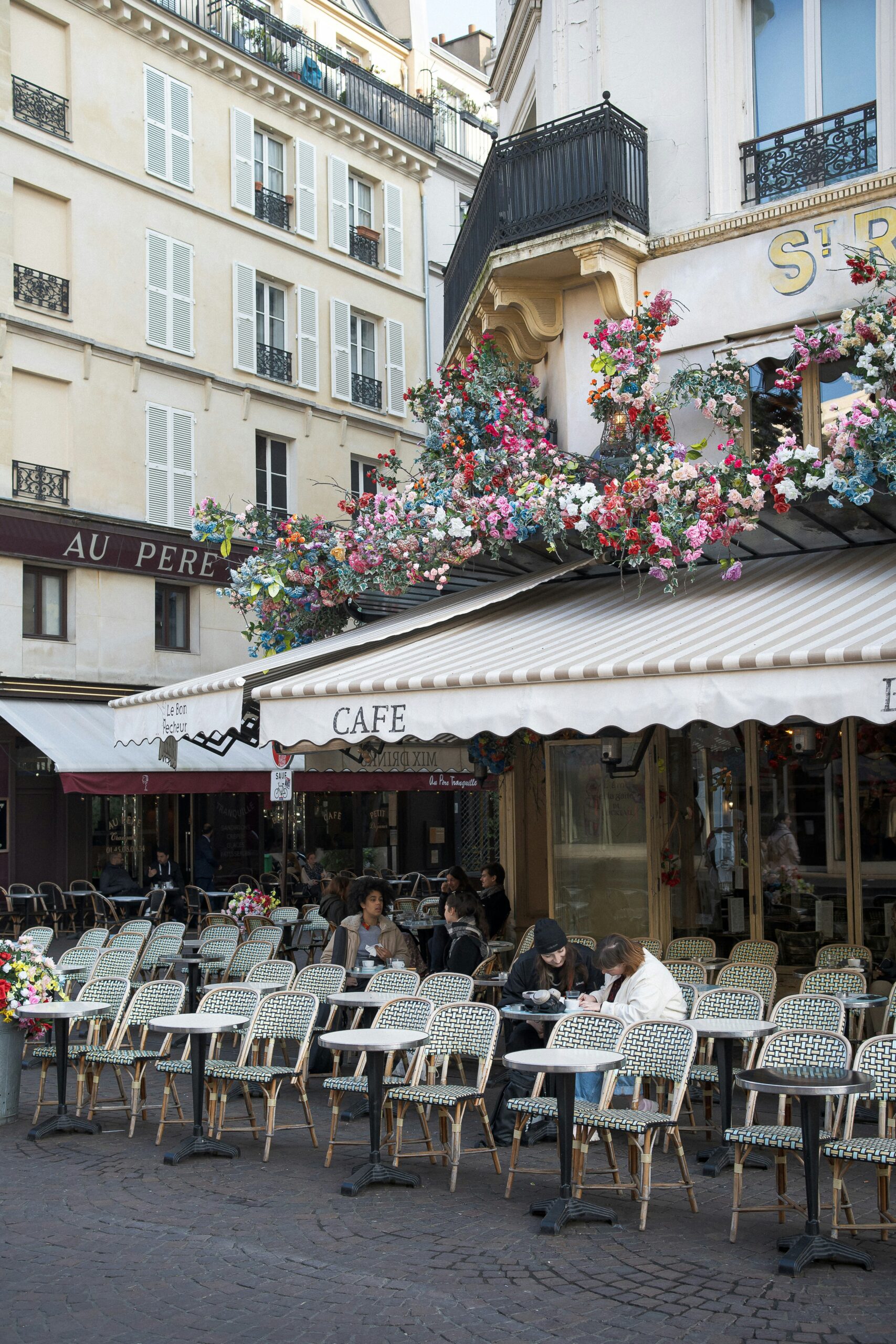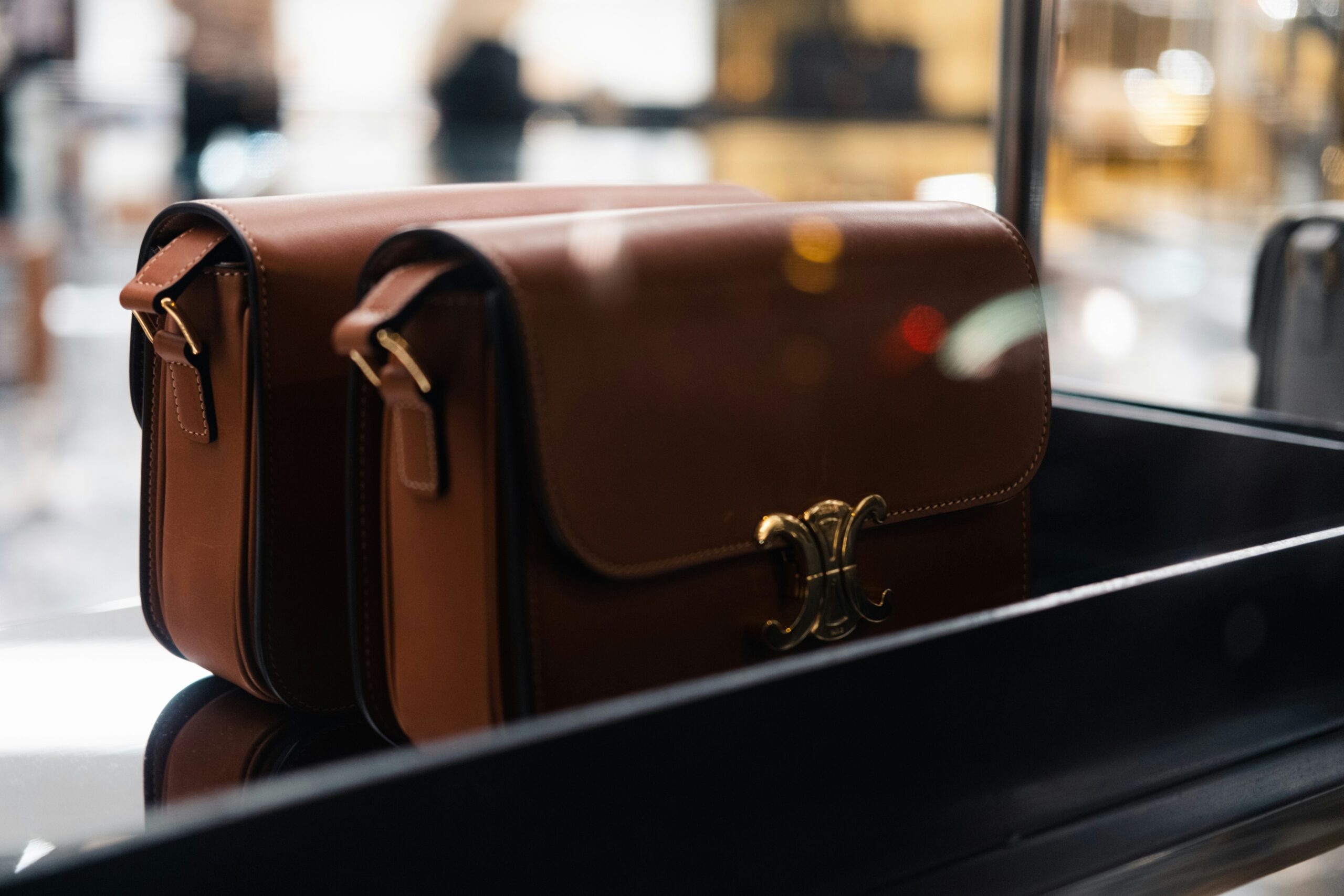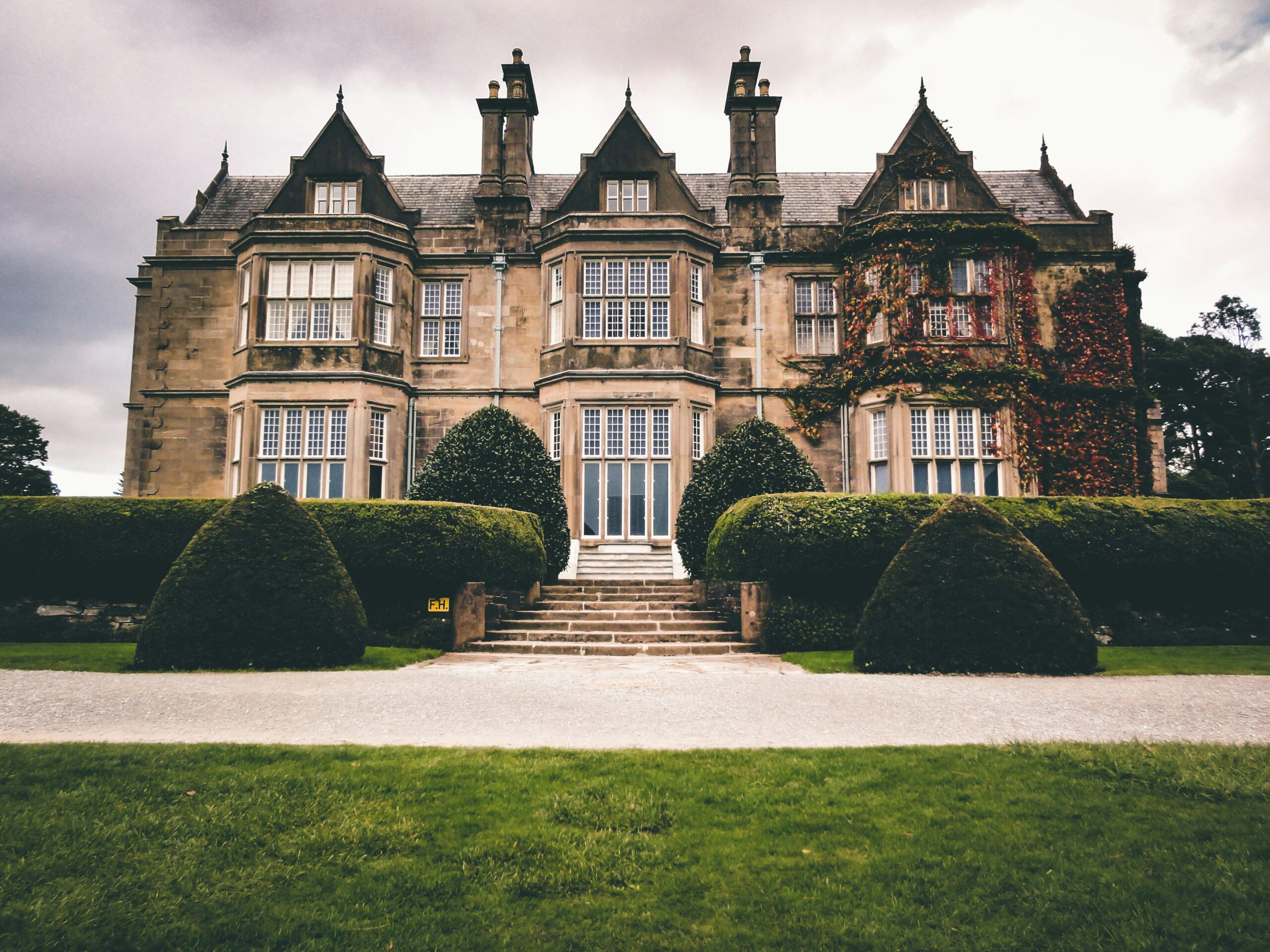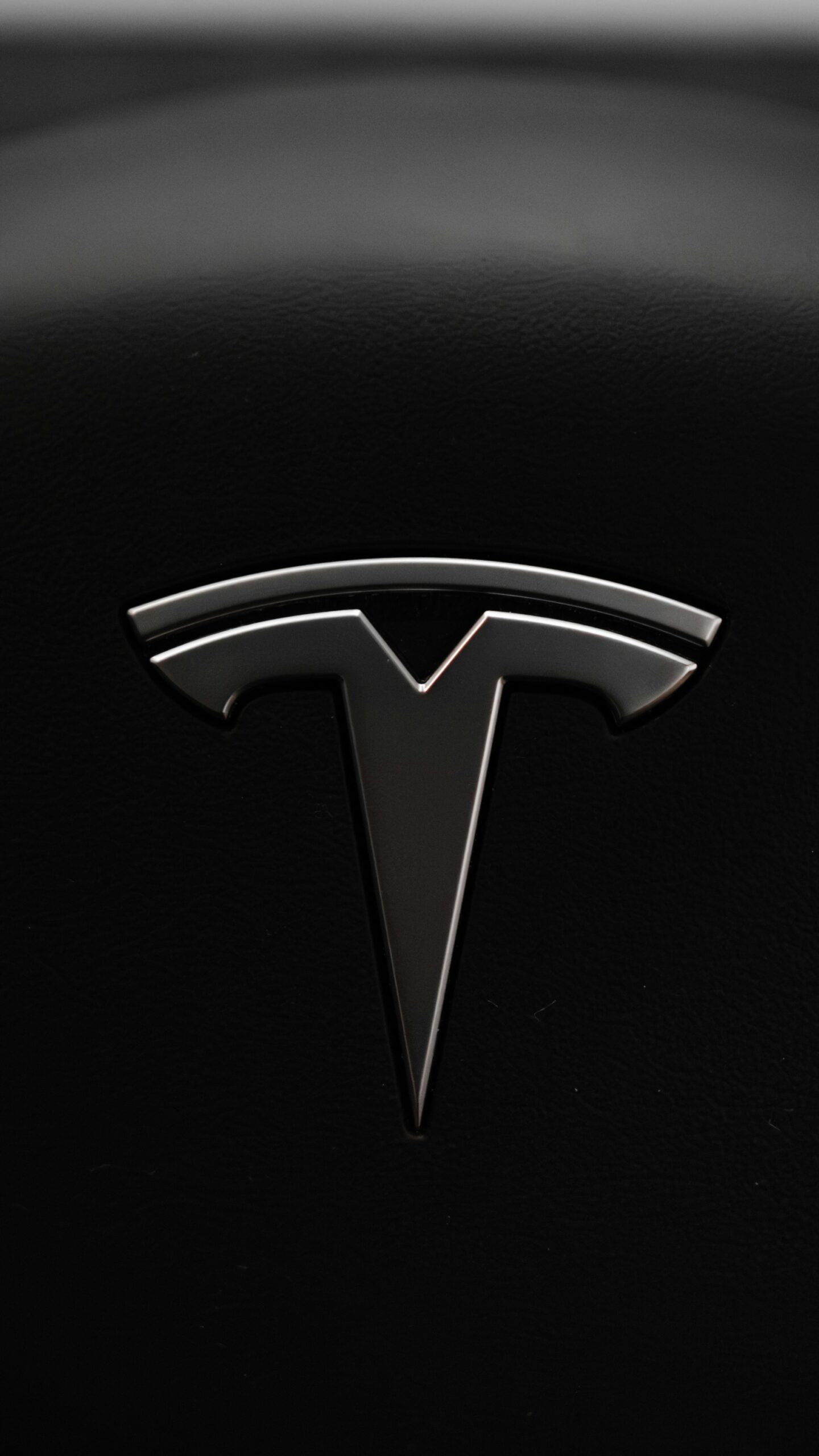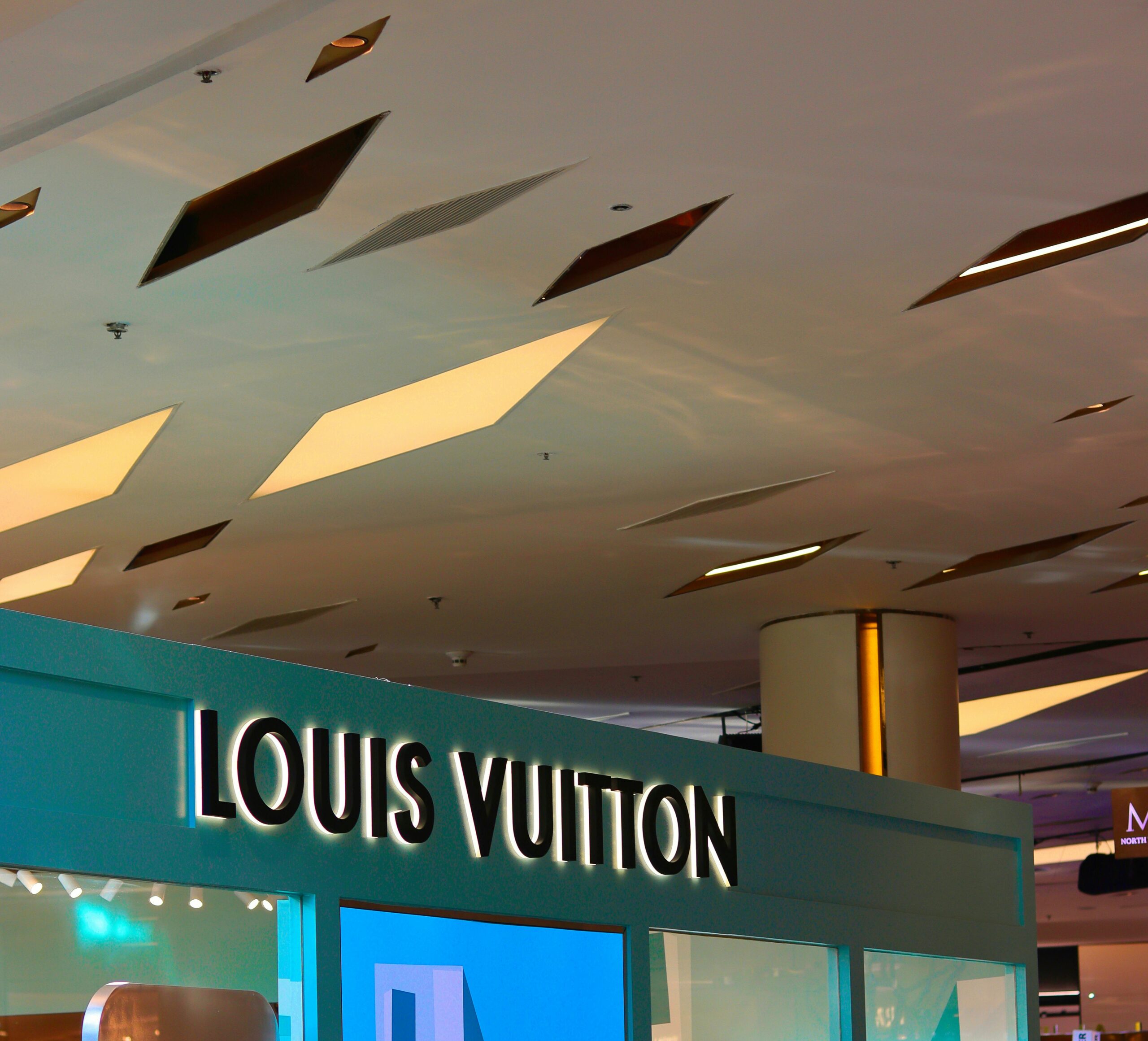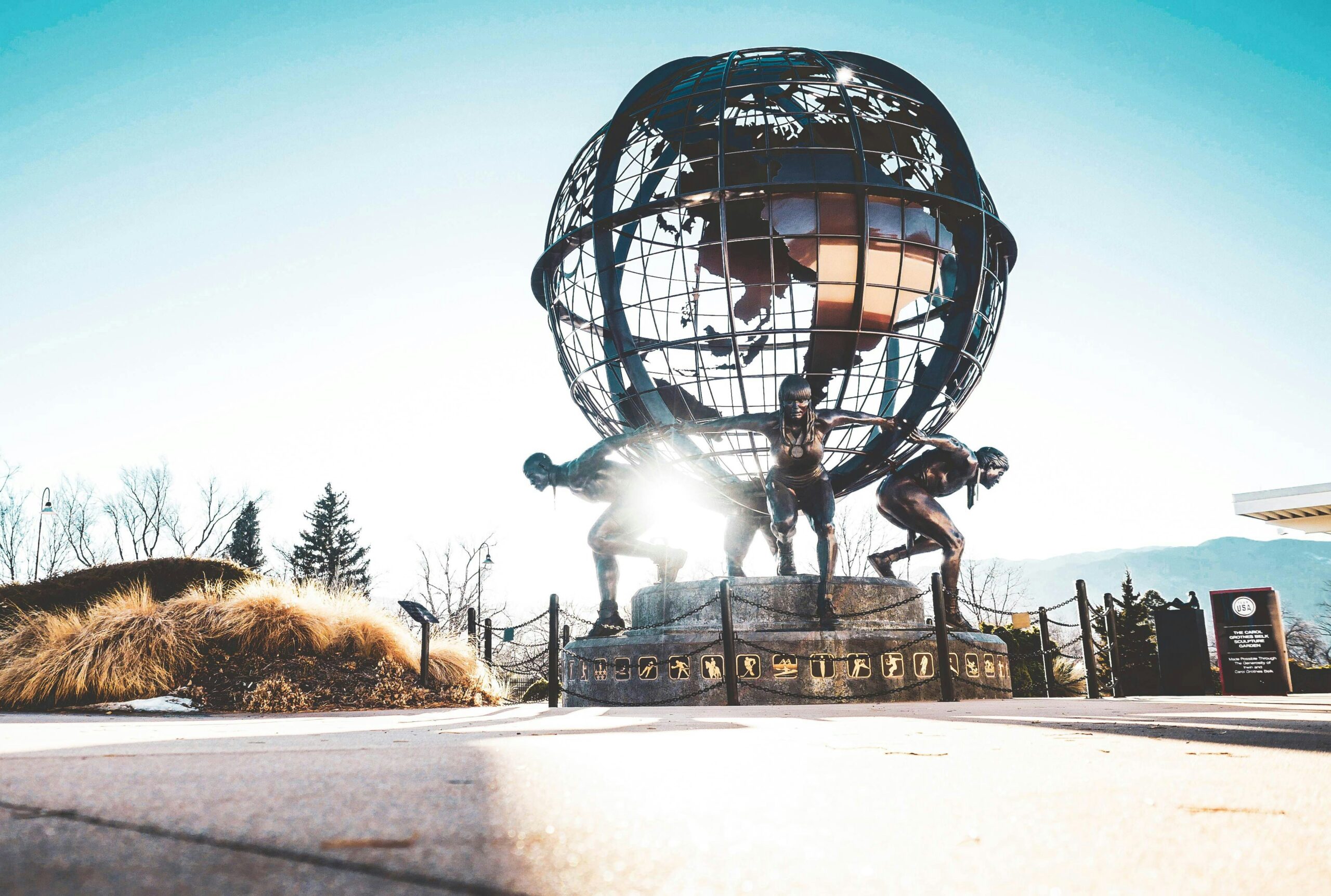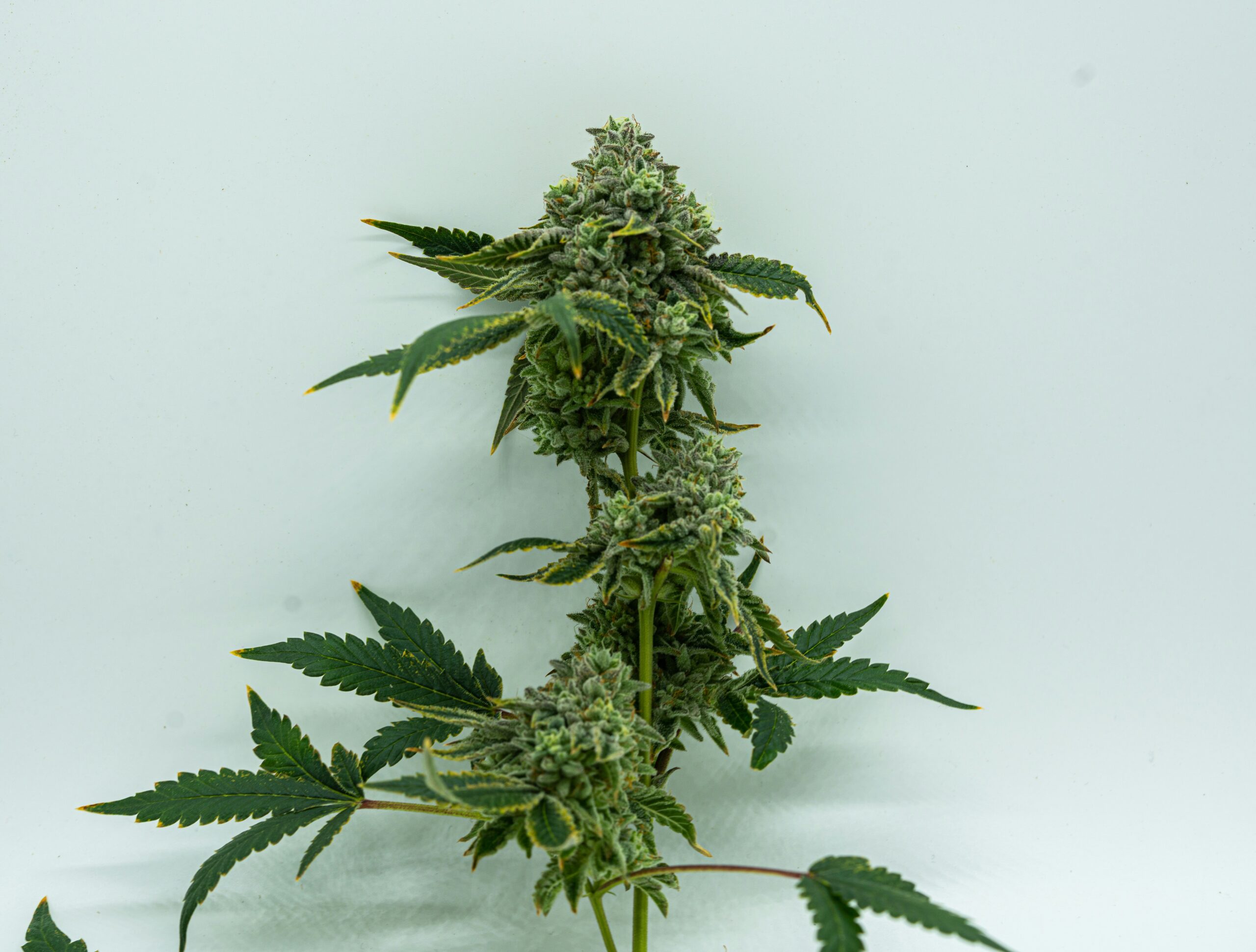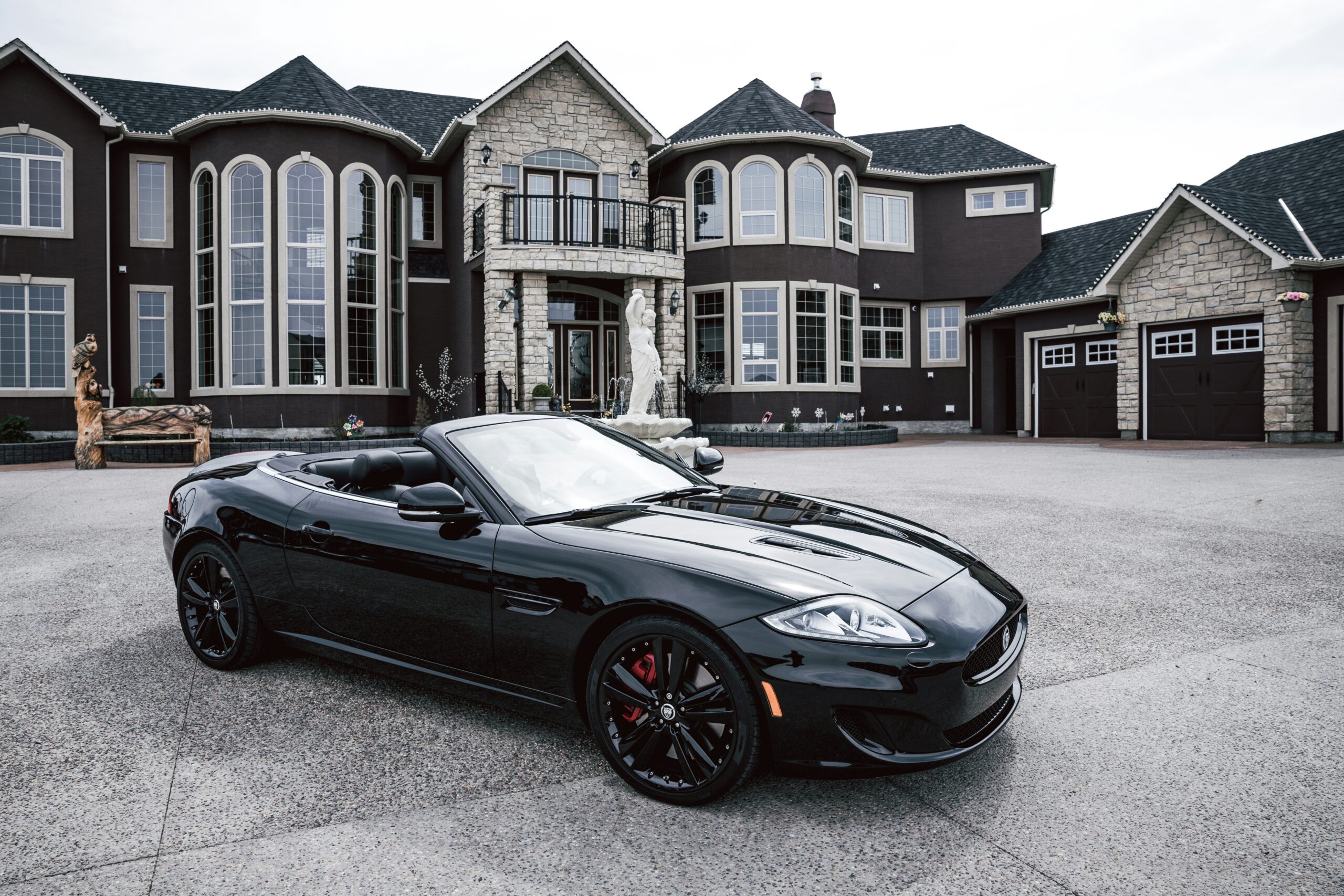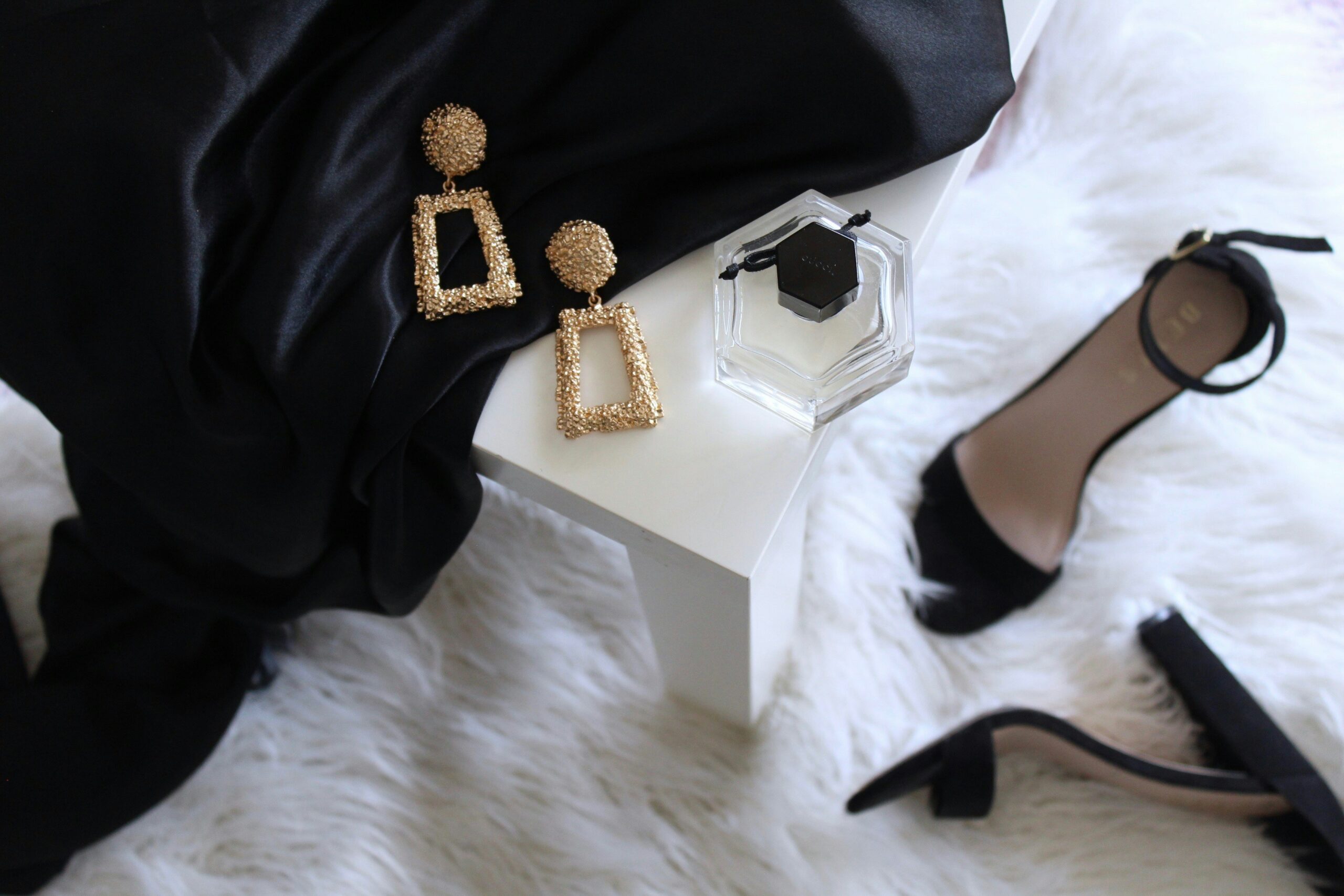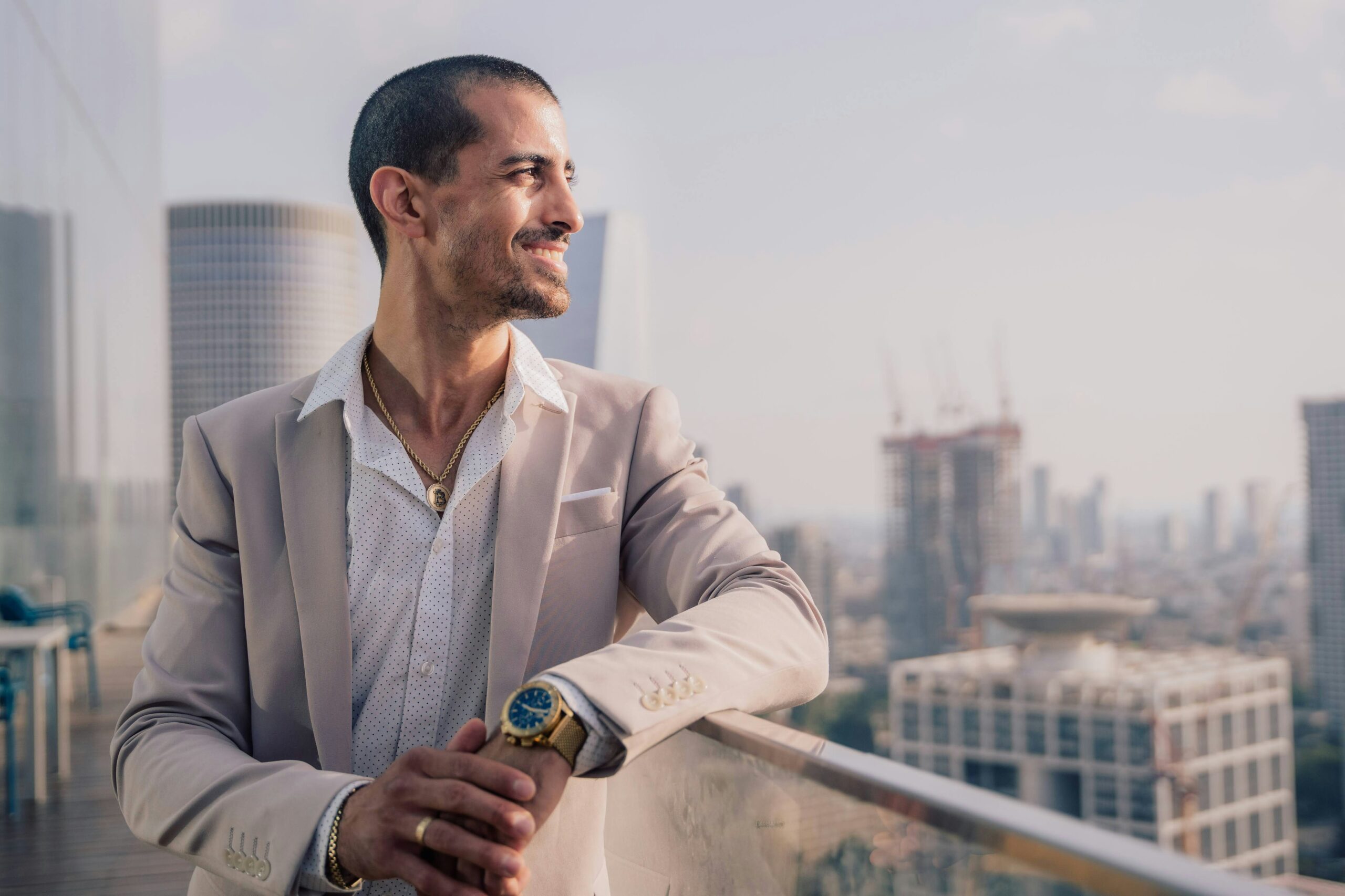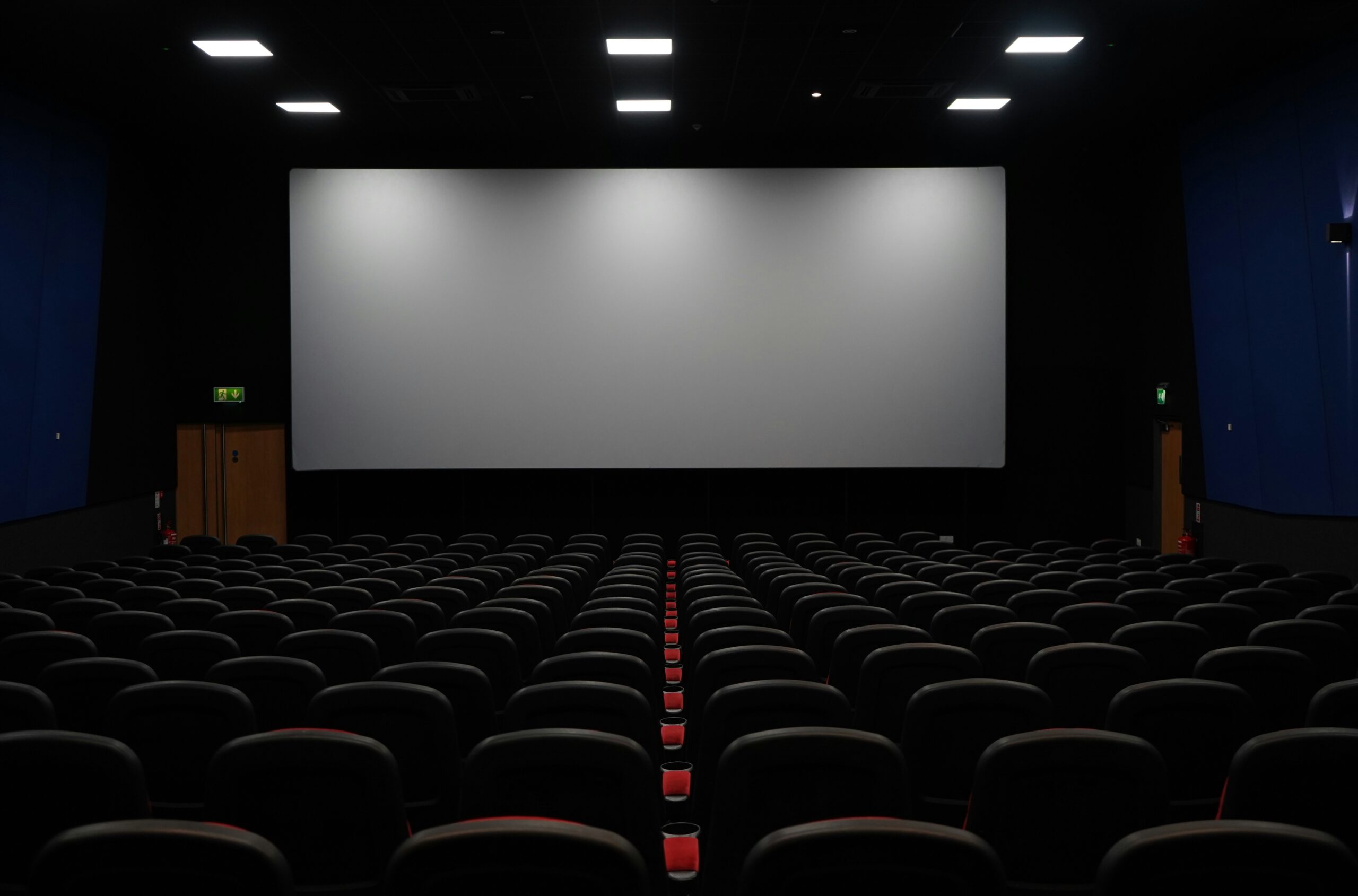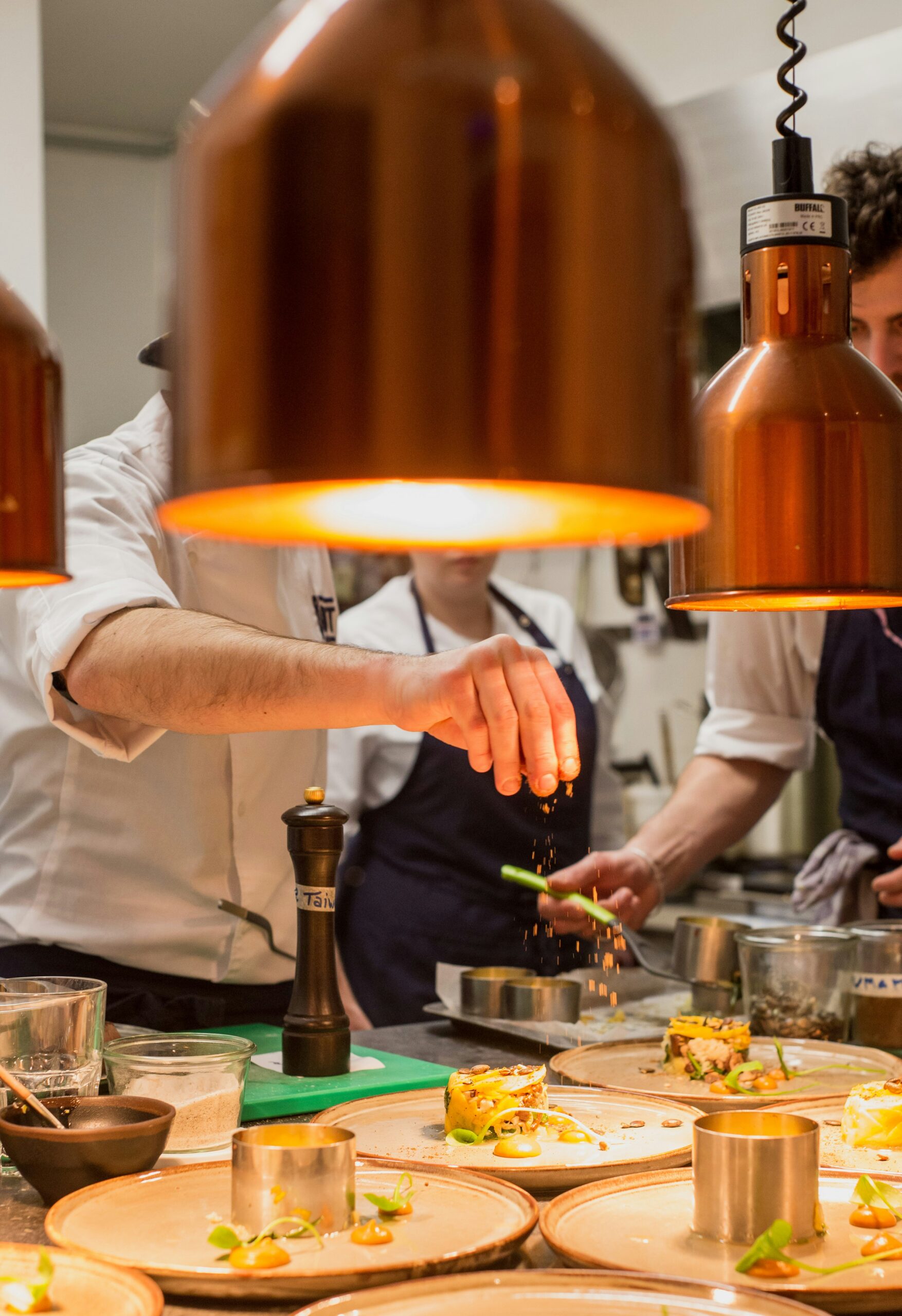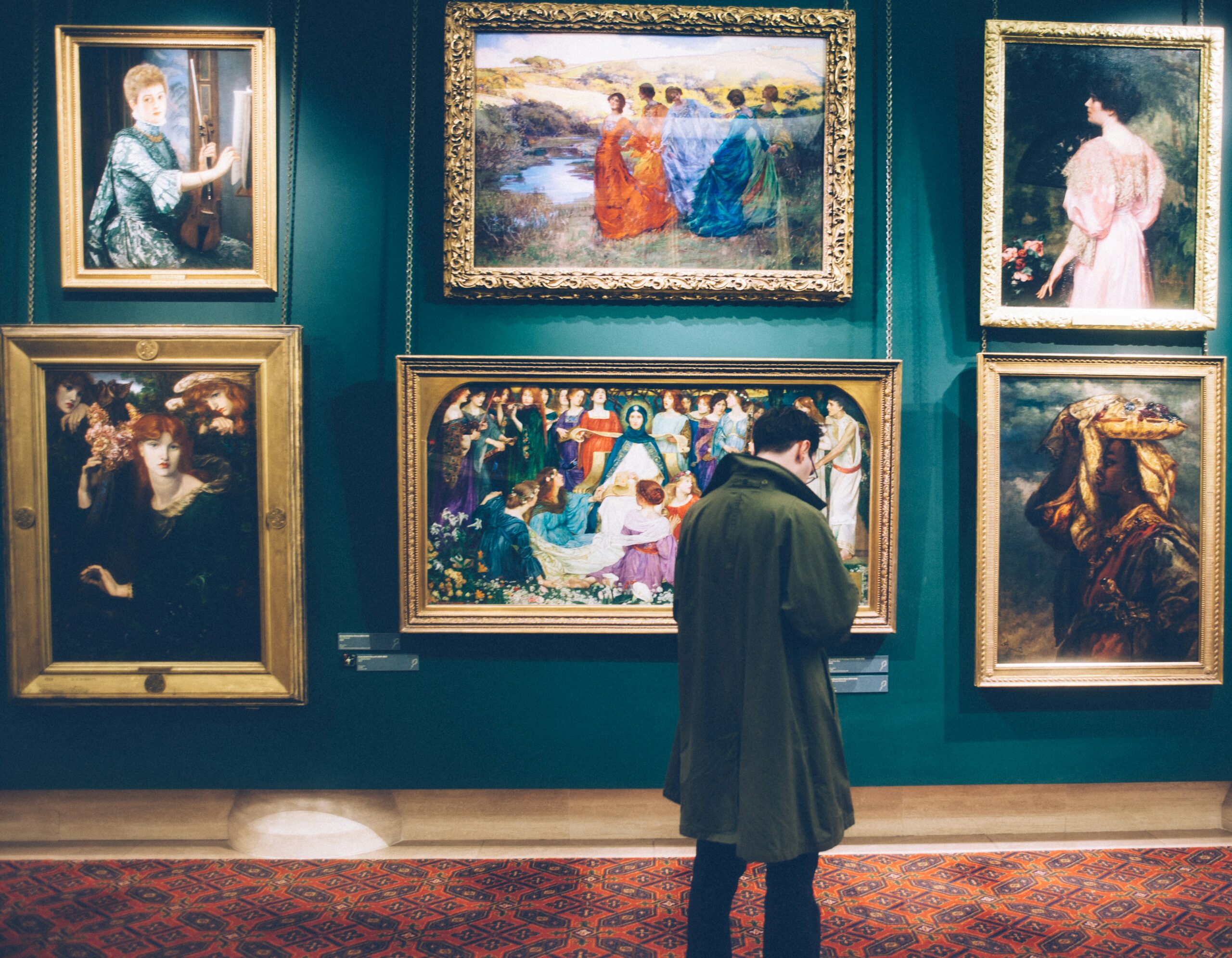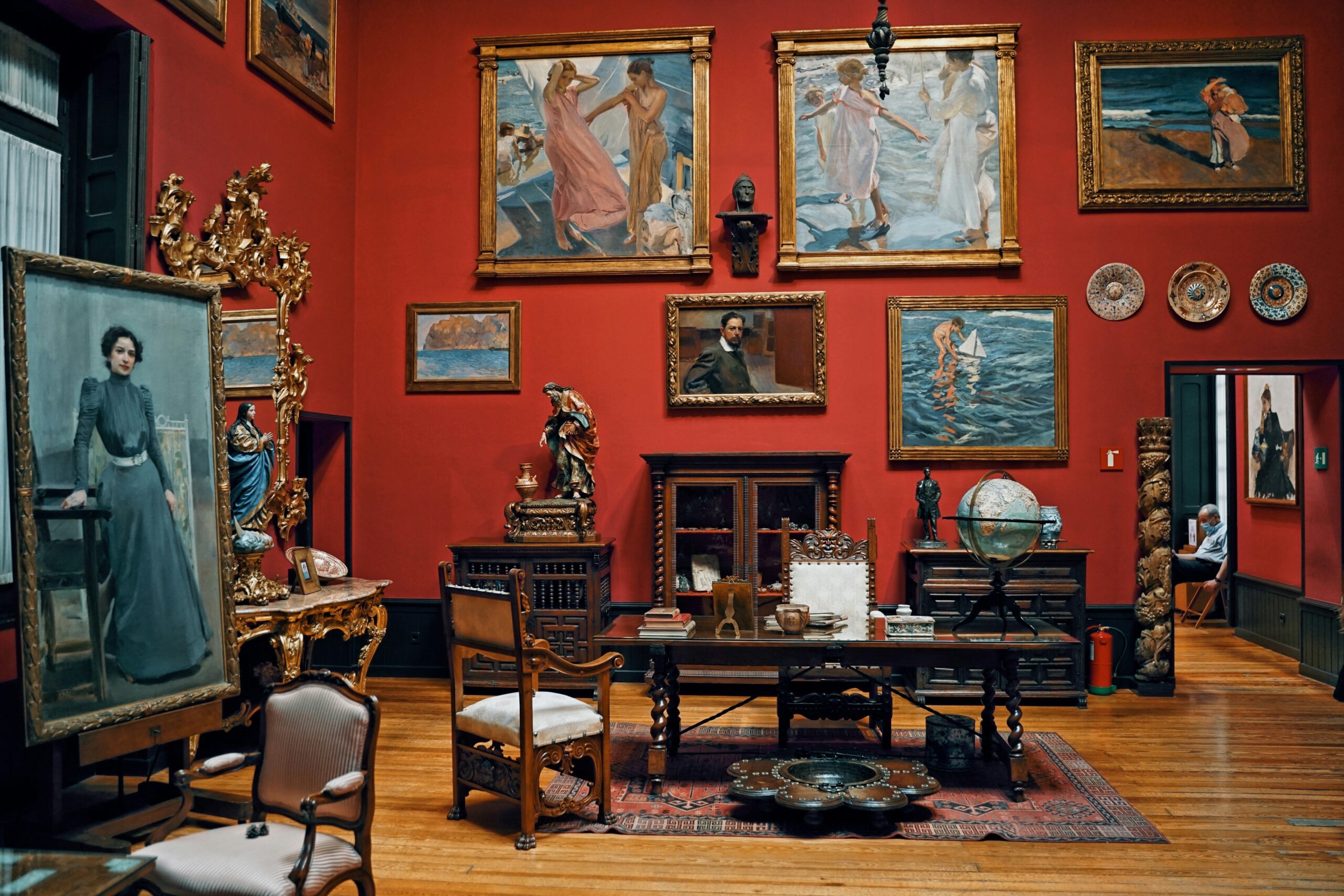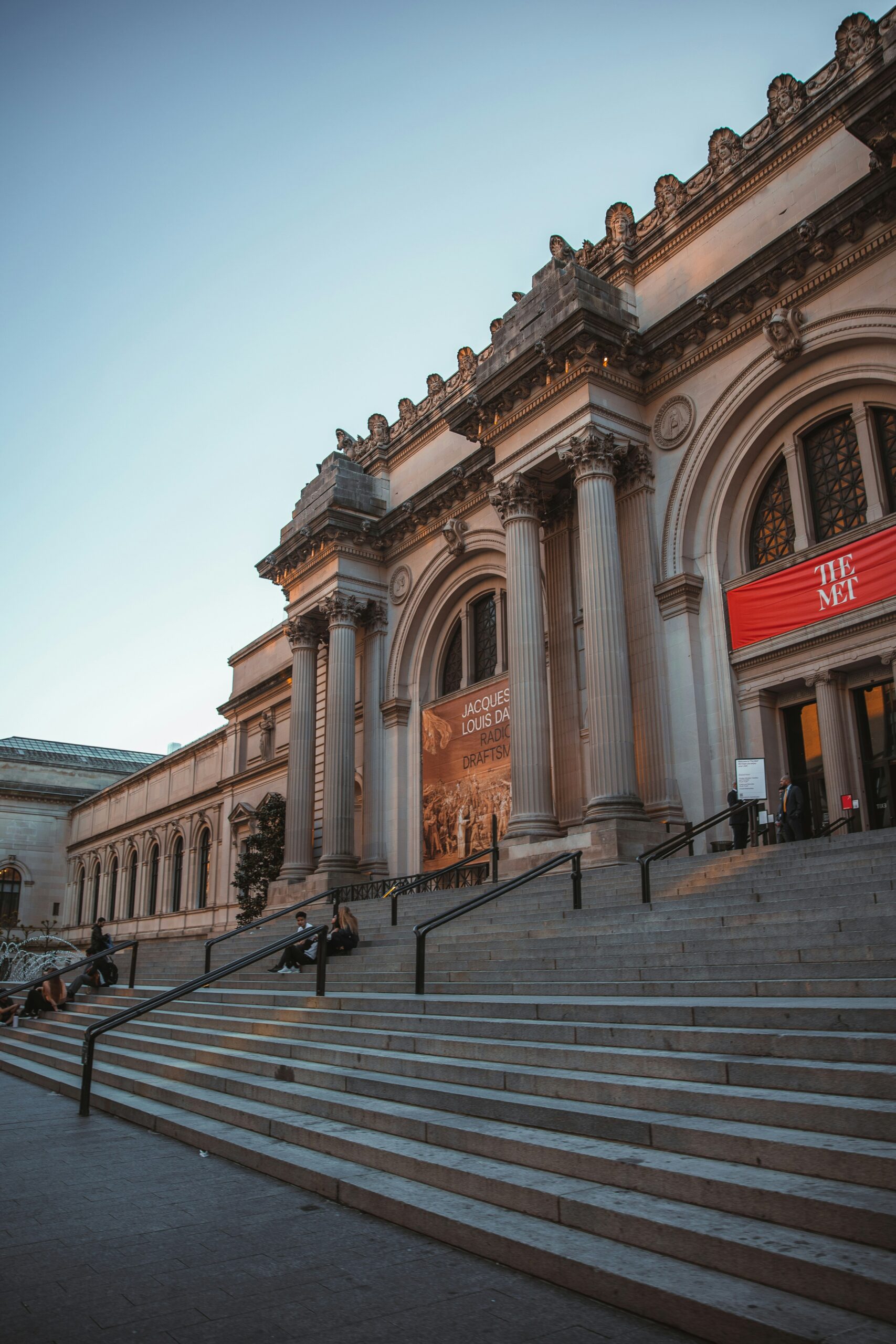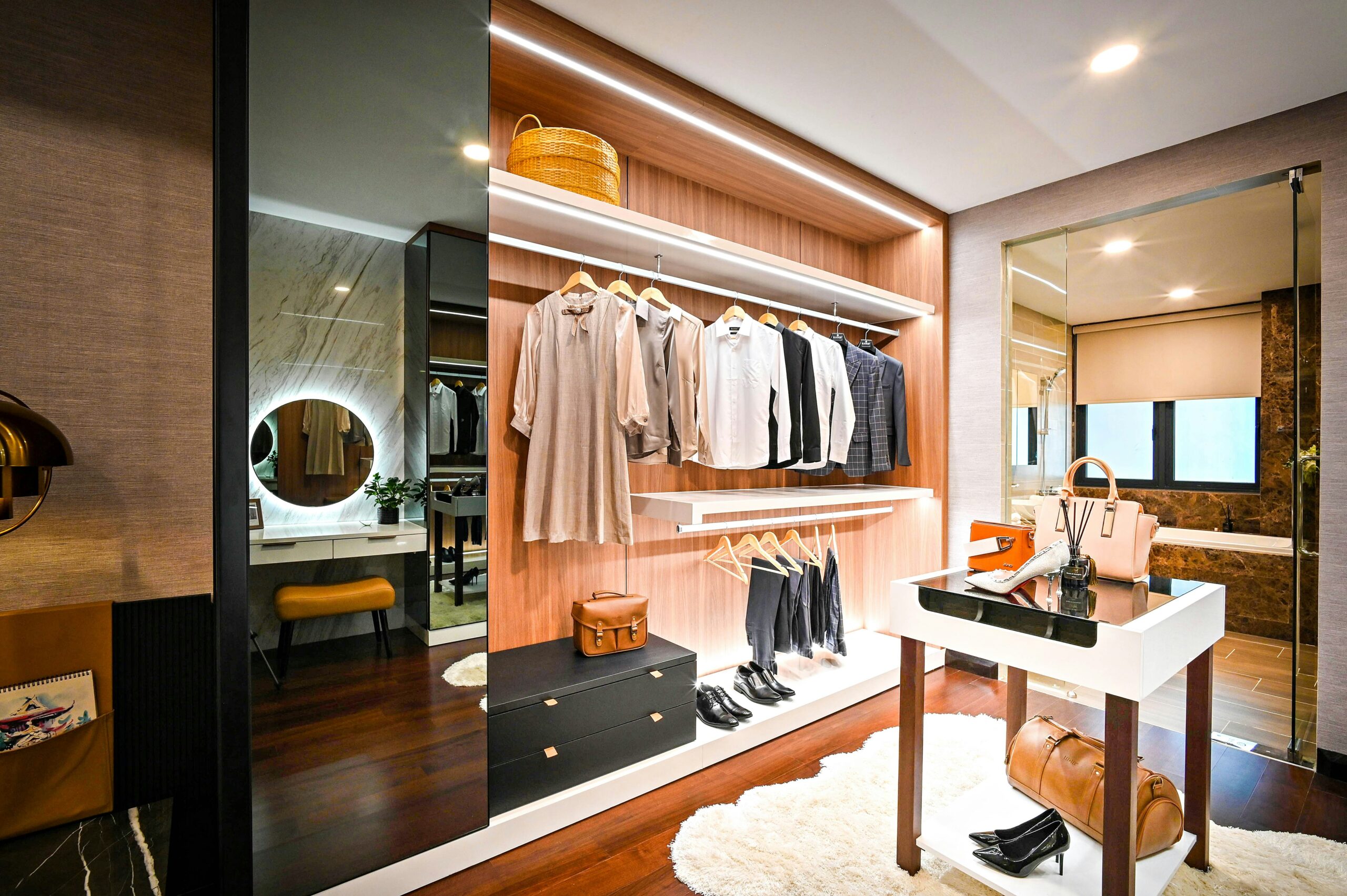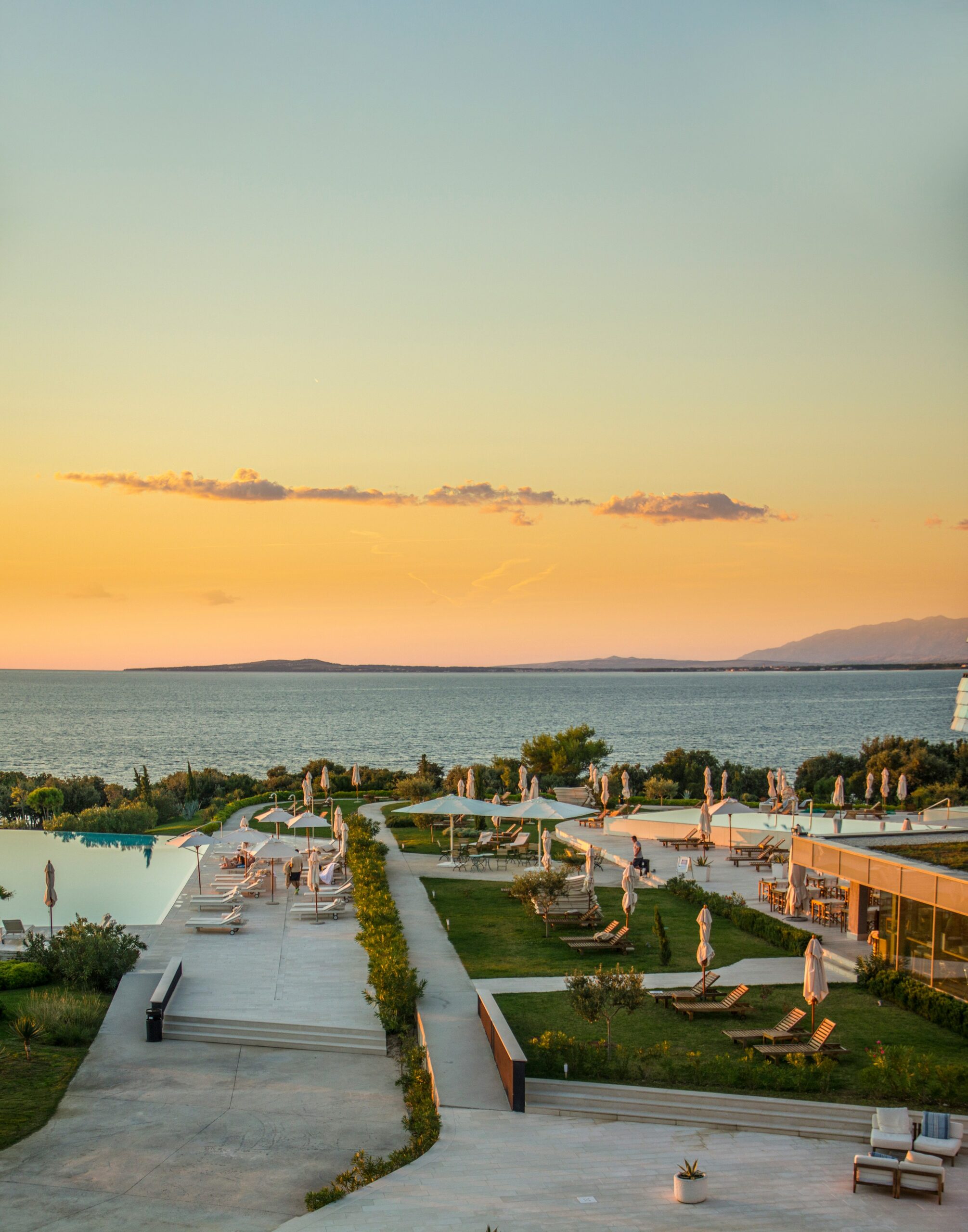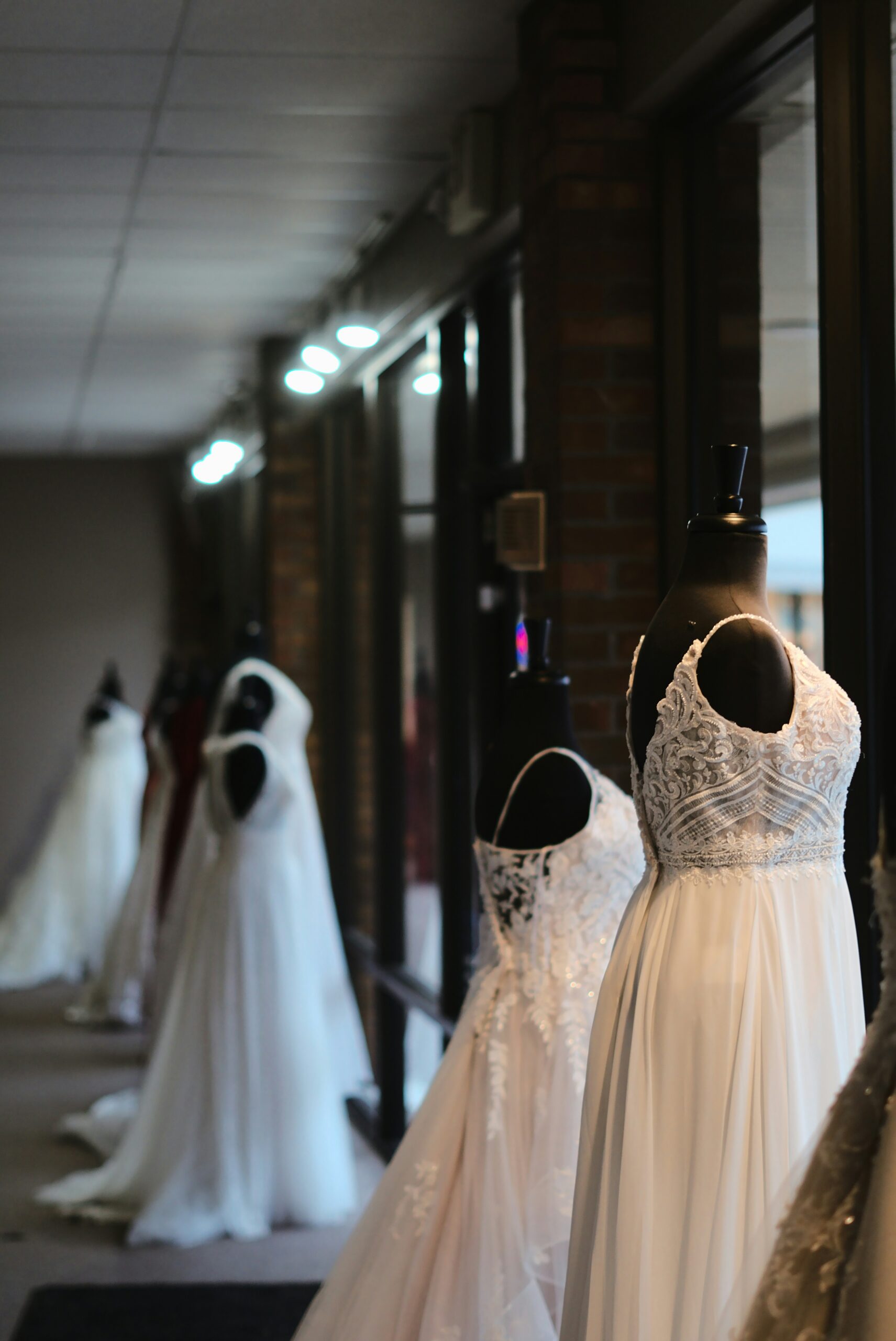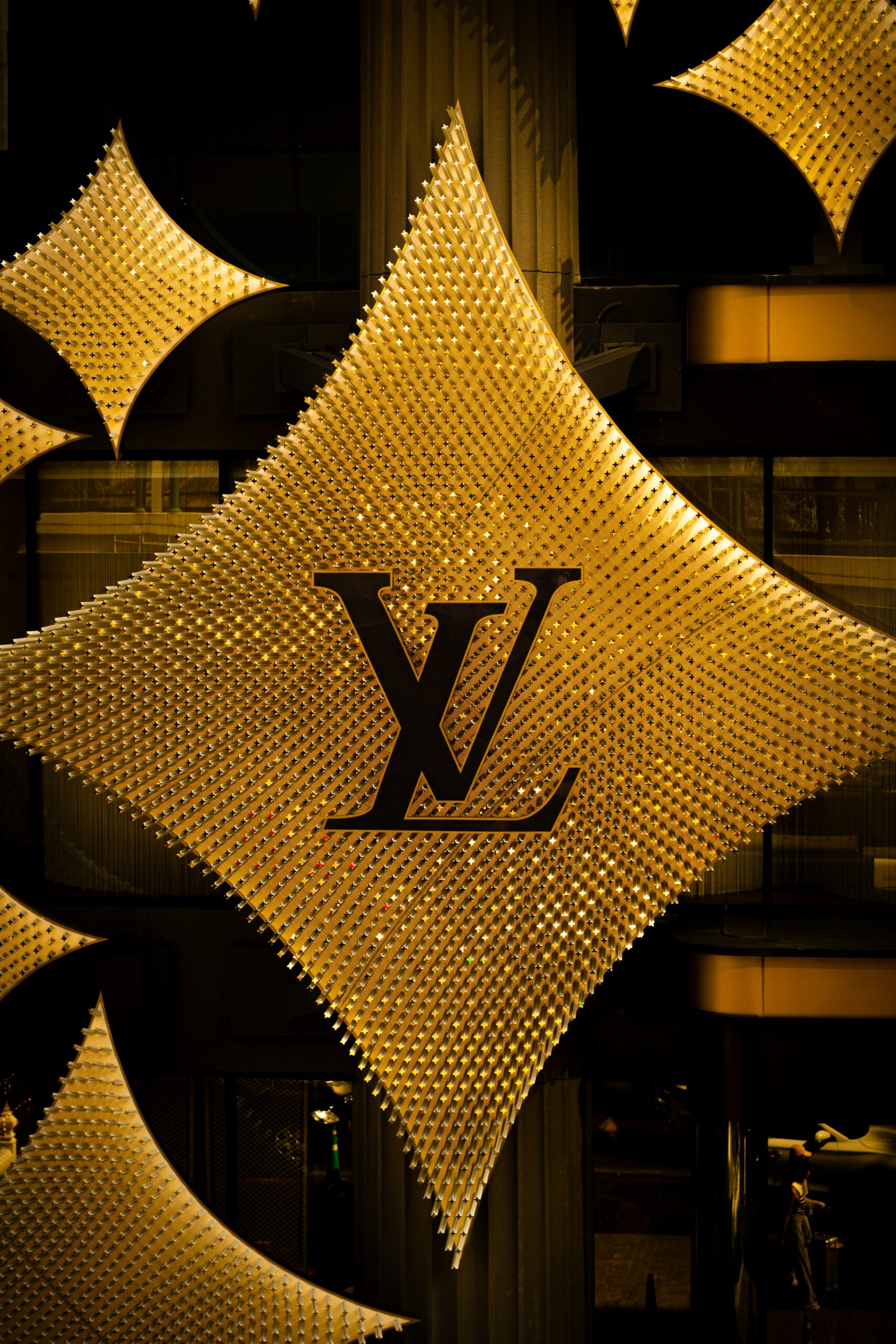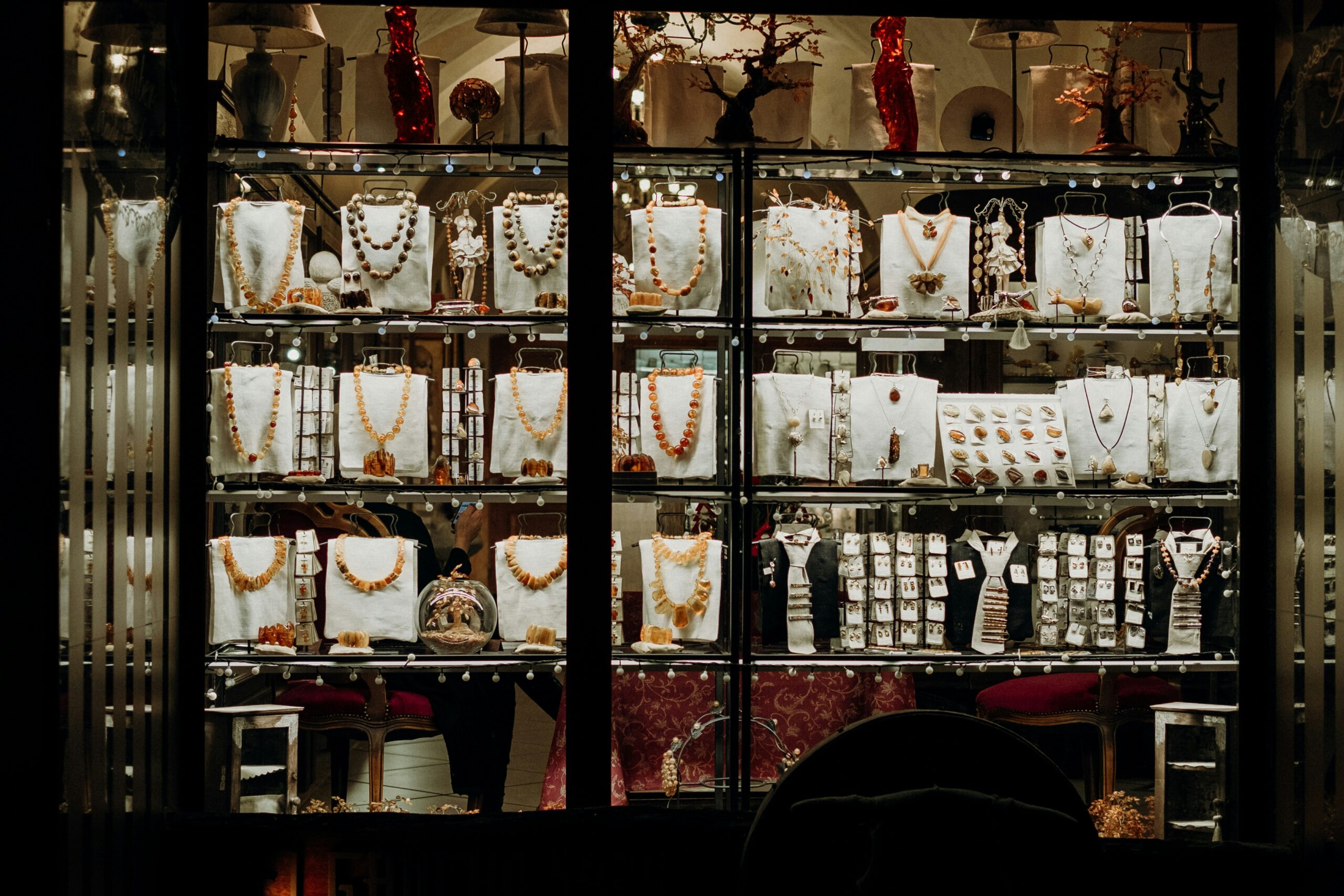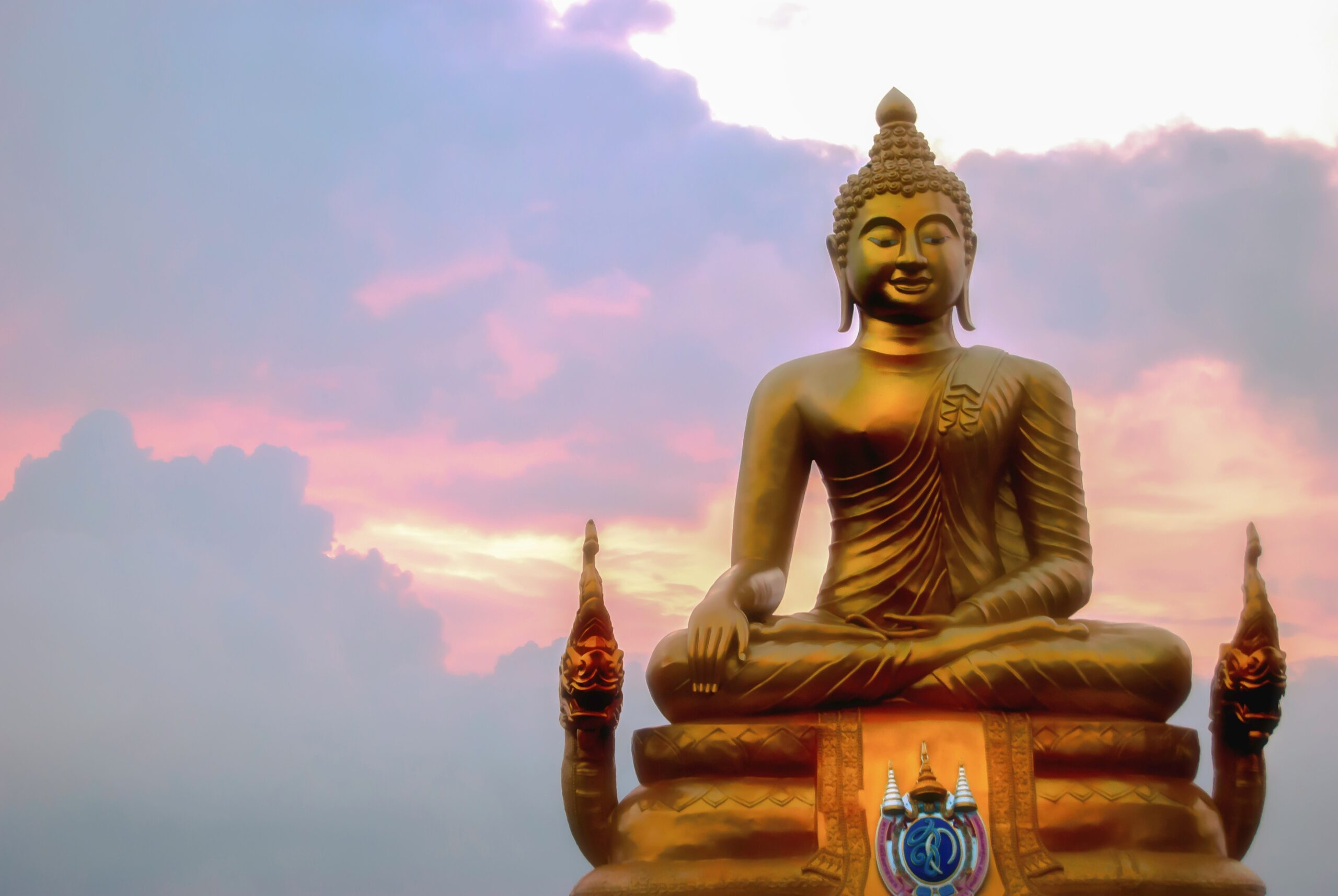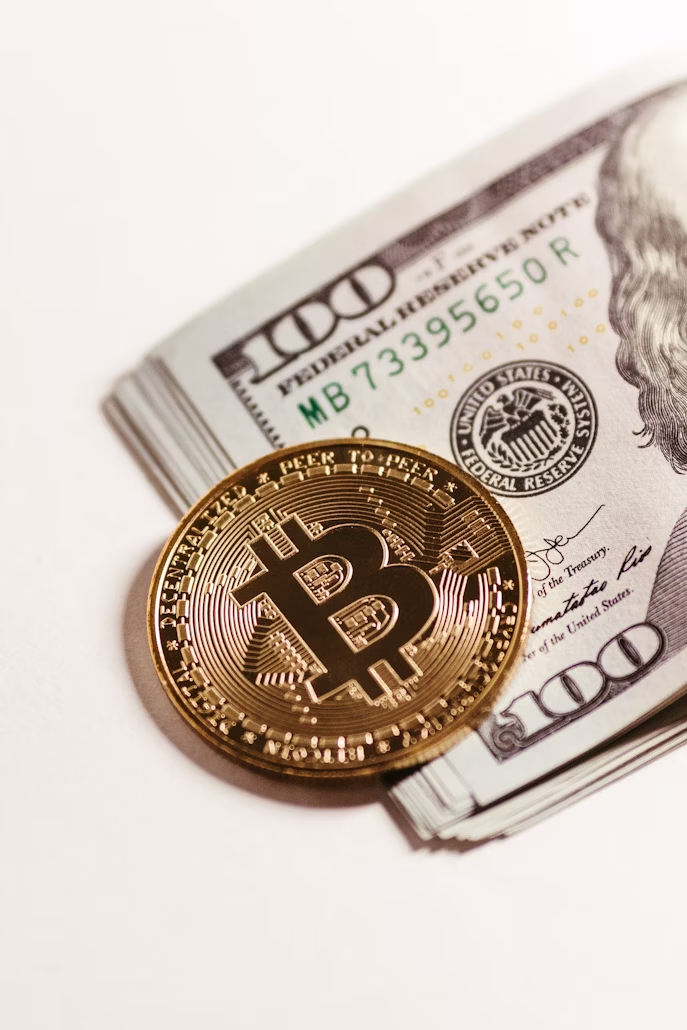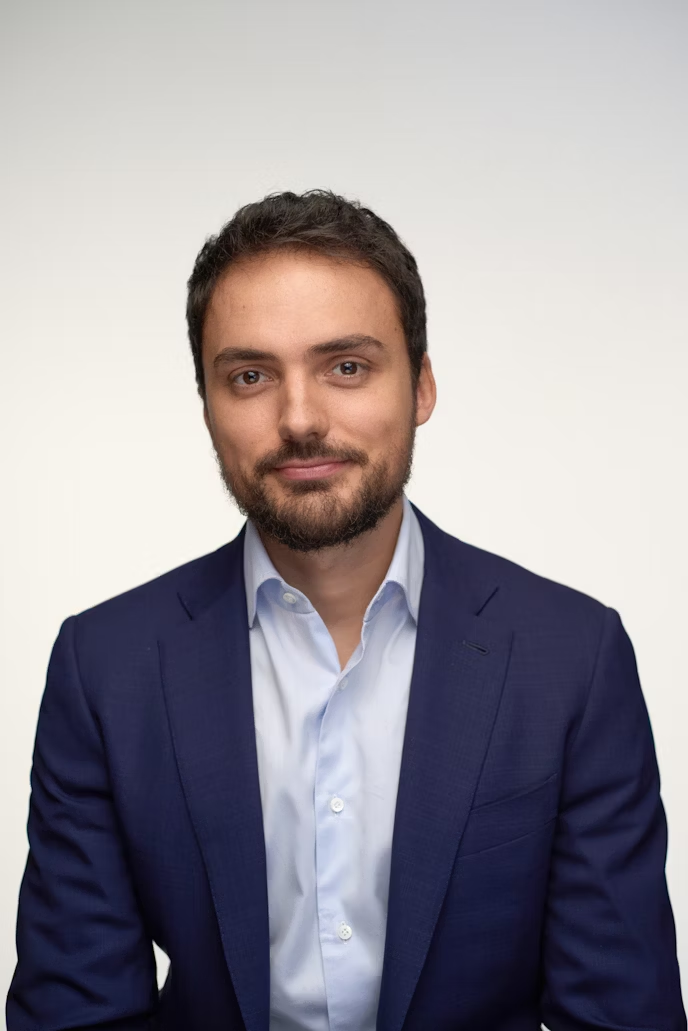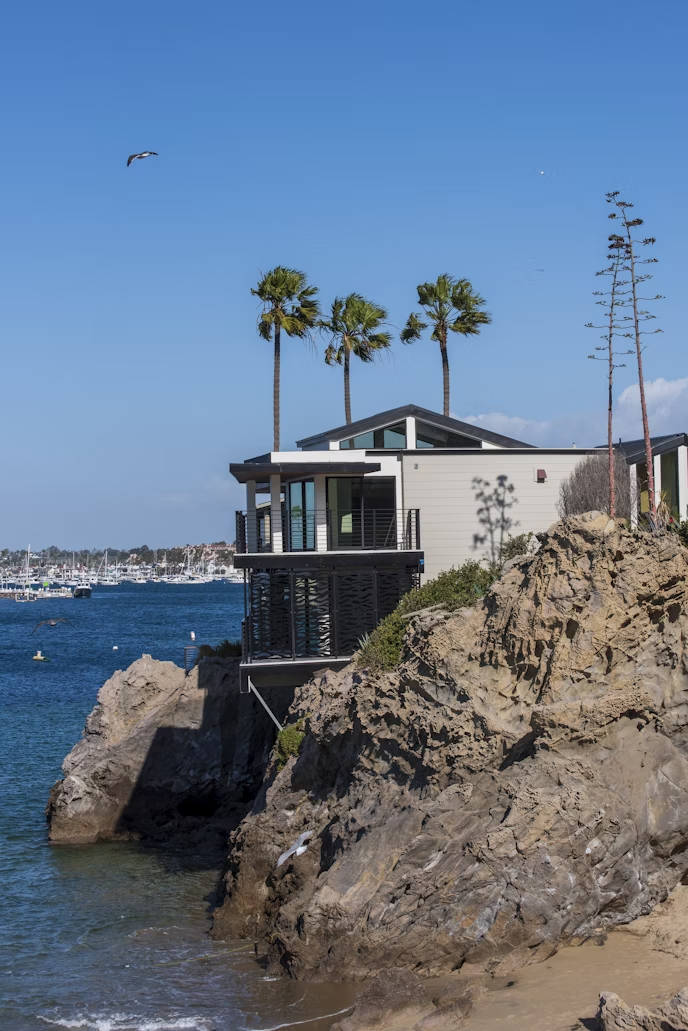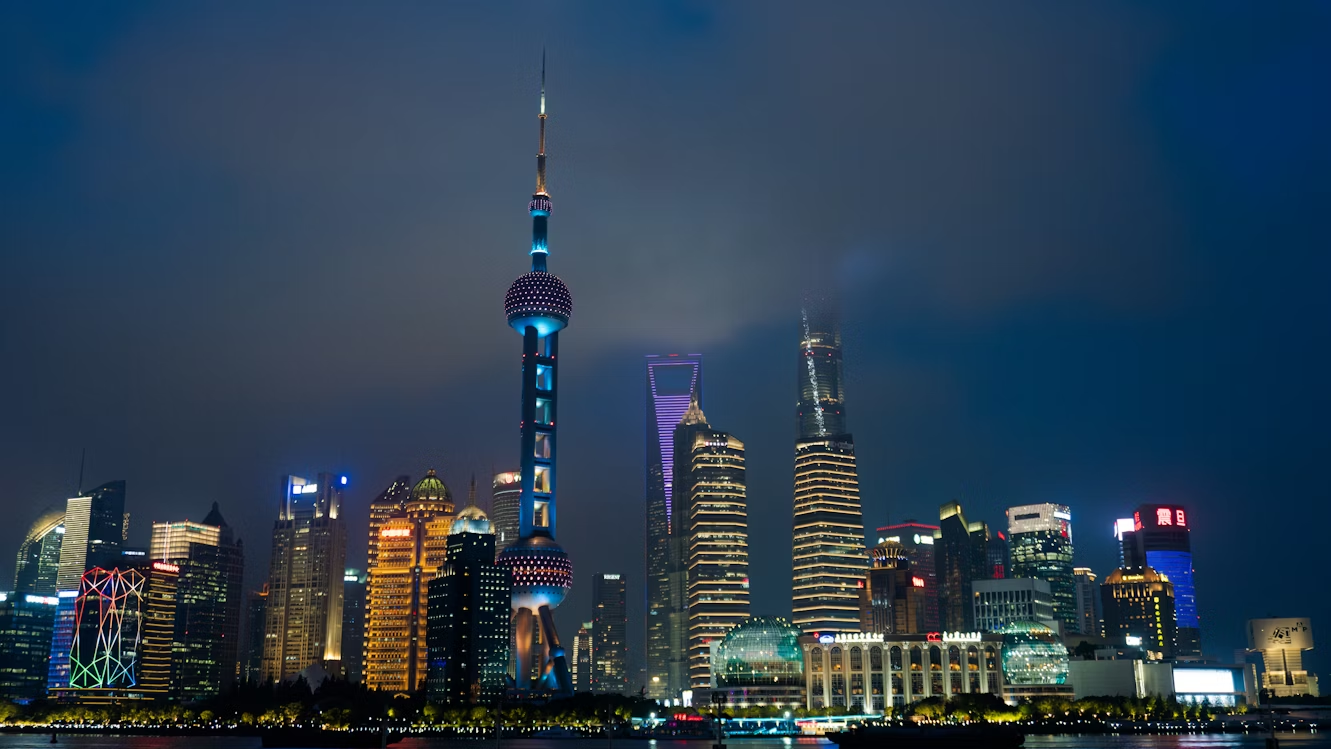Image credit: Unsplash
Bernard Arnault’s Legacy: Transforming the Luxury Industry
Bernard Arnault, the founder and CEO of LVMH, has brought inspired management to the luxury sector over the past 40 years. With the purchase of a retail conglomerate in 1984, which included the fashion house Christian Dior, he now oversees the LVMH empire of 75 brands across fashion, wines and spirits, watches and jewelry, as well as those in perfumes, cosmetics, and hospitalities.
He has been named by Forbes as the world’s wealthiest person. In 2021, the French engineer—who has an estimated net worth of $233 billion—acquired American jewelry company Tiffany & Co. for $15.8 billion, which is believed to be the biggest luxury brand acquisition ever.
In his book The Road to Luxury, Ashok Som, who is the professor of management at ESSEC Business School and the director of the ESSEC-Parsons Executive Master in Luxury Management & Design Innovation (EMiLUX), wrote of a simple explanation for this stability:
“As long as there are wealthy people in this world, the industry will always be on a growth path. The rich become richer in each and every change in environment.”
With rising disposable incomes along the wealthy, their basic psychological needs are covered, and their focus is shifting toward pursuing feelings of not just accomplishment, but status. “It is more or less predictable that the future outlook is bright for the luxury sector and companies which know how to manage this sector.”
Dr. Achim Schmitt, Dean of EHL Hospitality Business School, says that, “By 2030, consumers from Generations Z and Alpha will be responsible for one-third of spending across the luxury market. In order to avoid losing exclusivity and uniqueness, many brands are now relying on experiences.”
Doing this, Schmitt states, will allow brands to strengthen their relationships with customers, offering them unique experiences without sacrificing status of reputation. Examples that he includes are “indulging in a stay at a Louis Vuitton hotel suite, relishing chocolates in a Cartier boutique, and wandering through Chanel’s vineyards” and adds that “the experience becomes more distinct when luxury brands come together to combine their riches.”
Luxury brands have also been partnering with business schools to advise and develop the skills the industry will need from future employees, and to provide students with professional experience and networking opportunities.
Professor Fabrizio Maria Pini, Director of the International Master in Luxury Management at Italy’s POLIMI Graduate School of Managemet, has reiterated Schmitt’s thoughts, stating: “Being exposed in a privileged manner to such companies through business cases, and class presentations is a unique opportunity for students to show their potential in front of possible future employers.”
These partnerships play unique core roles in attracting applicants. By promising invaluable learning experiences, they can utilize both the knowledge and connections made throughout their careers.
A common theme in the learning process of luxury is taking a hands-on approach, which requires students to put what they learn into action.
“Your job is not linked to glamour,” Dr. Achim Schmitt explains, “your job is to make somebody else experience glamour. This tiny shift in mindset is very important for our students. They learn to understand what makes something a ‘luxury’ product, and they develop a greater appreciation of the product or service linked to it.”
Beyond building practical skills, experiences such as these also help students develop mental resilience to keep up in high-stakes settings. The value often extends beyond getting the job done, but also in helping the sector adapt and respond to generational changes and concerns.
Adapting Luxury for the Future: Generational Insights and Technological Integration
AI has also changed the way marketing campaigns are designed; and with generative AI breakthroughs creating new opportunities, there are challenges and risks associated with them.
“Artificial intelligence is a powerful technology,” Antonio Belloni, LVMH Group managing director, has said. “We acknowledge the value that it can bring as support and complement to human talent, emotions and creativity, that are core to our maisons.”
With innovation and talent combined, business schools and luxury brands will naturally shape the future of the industry.











